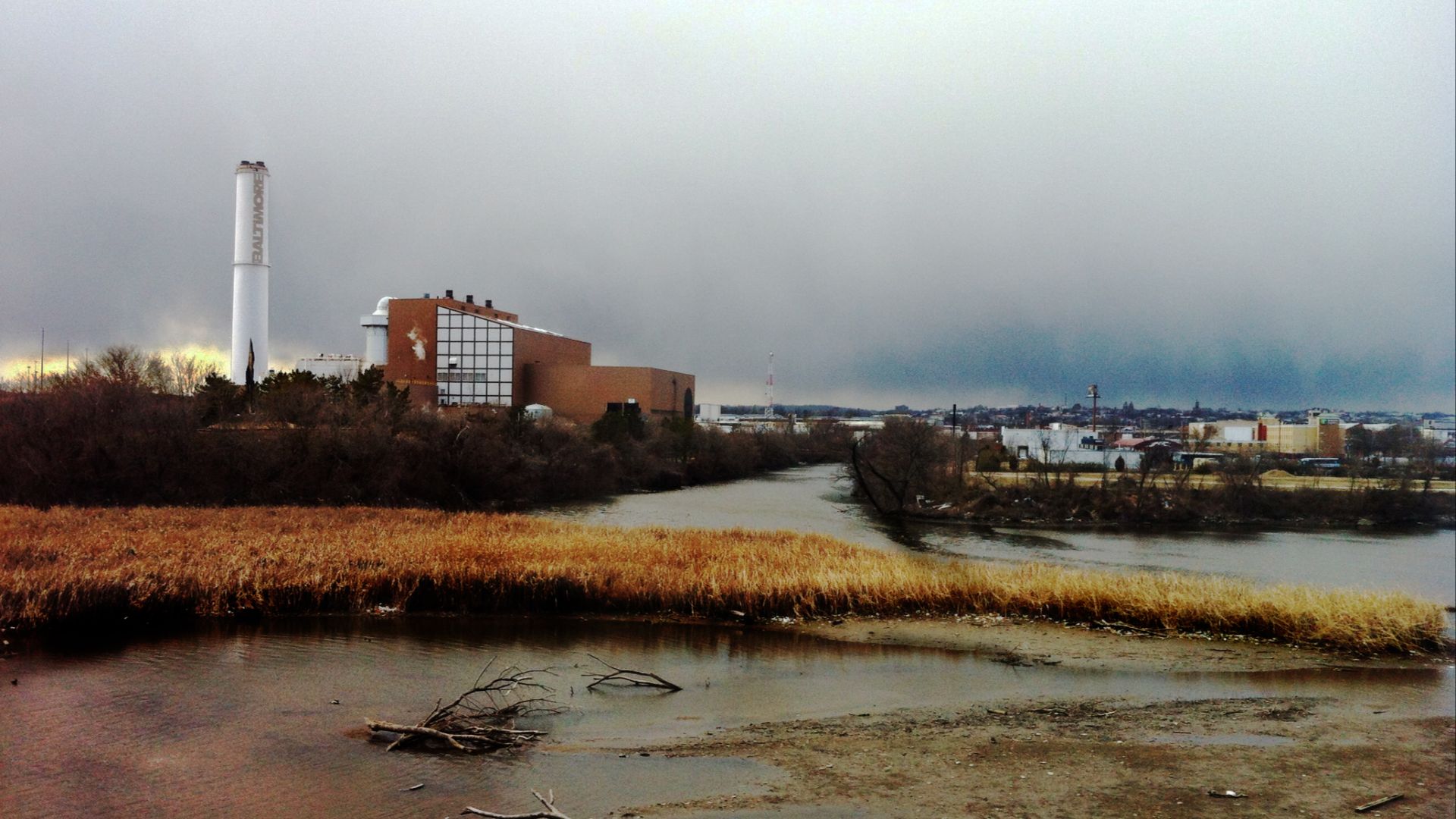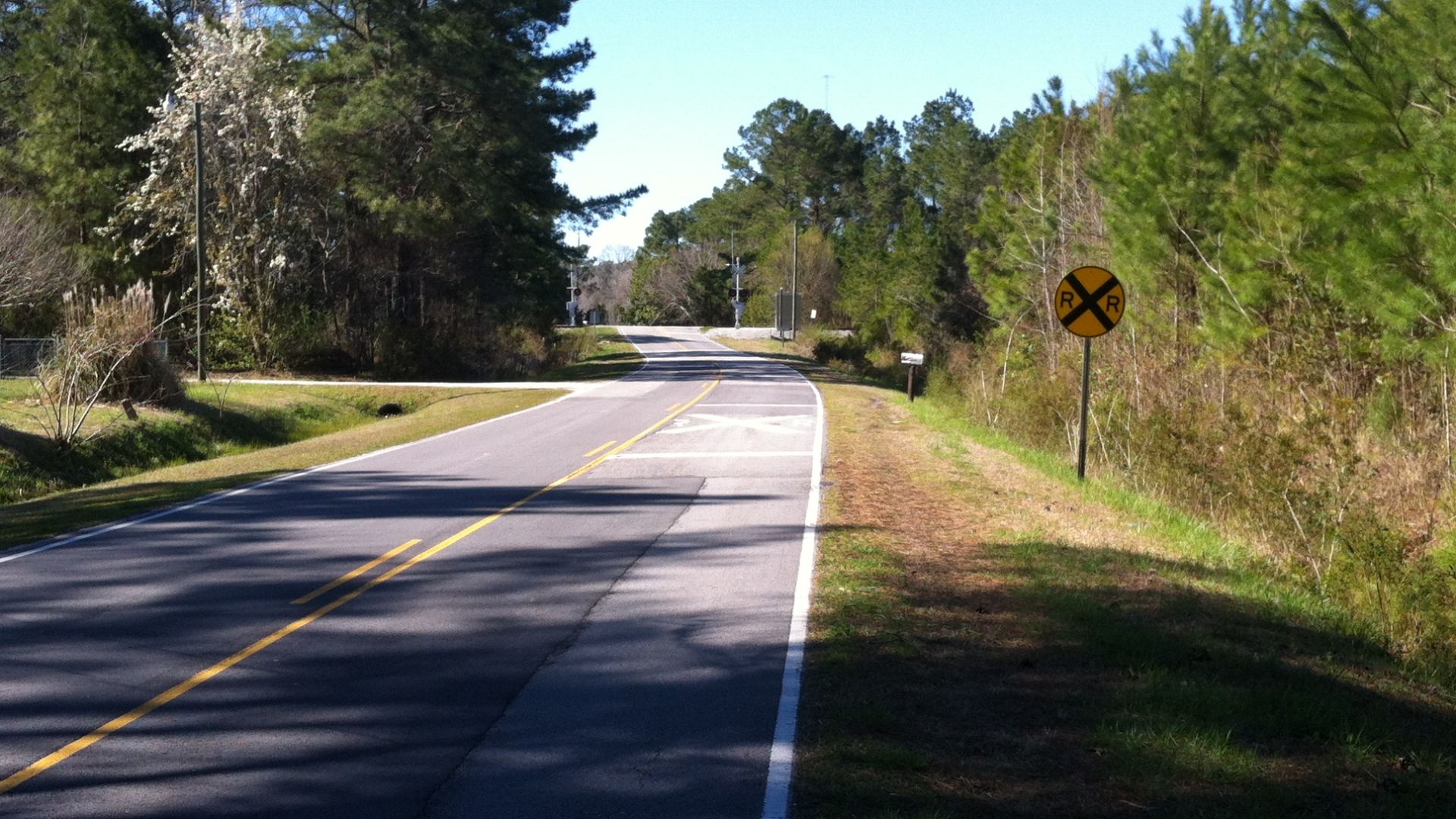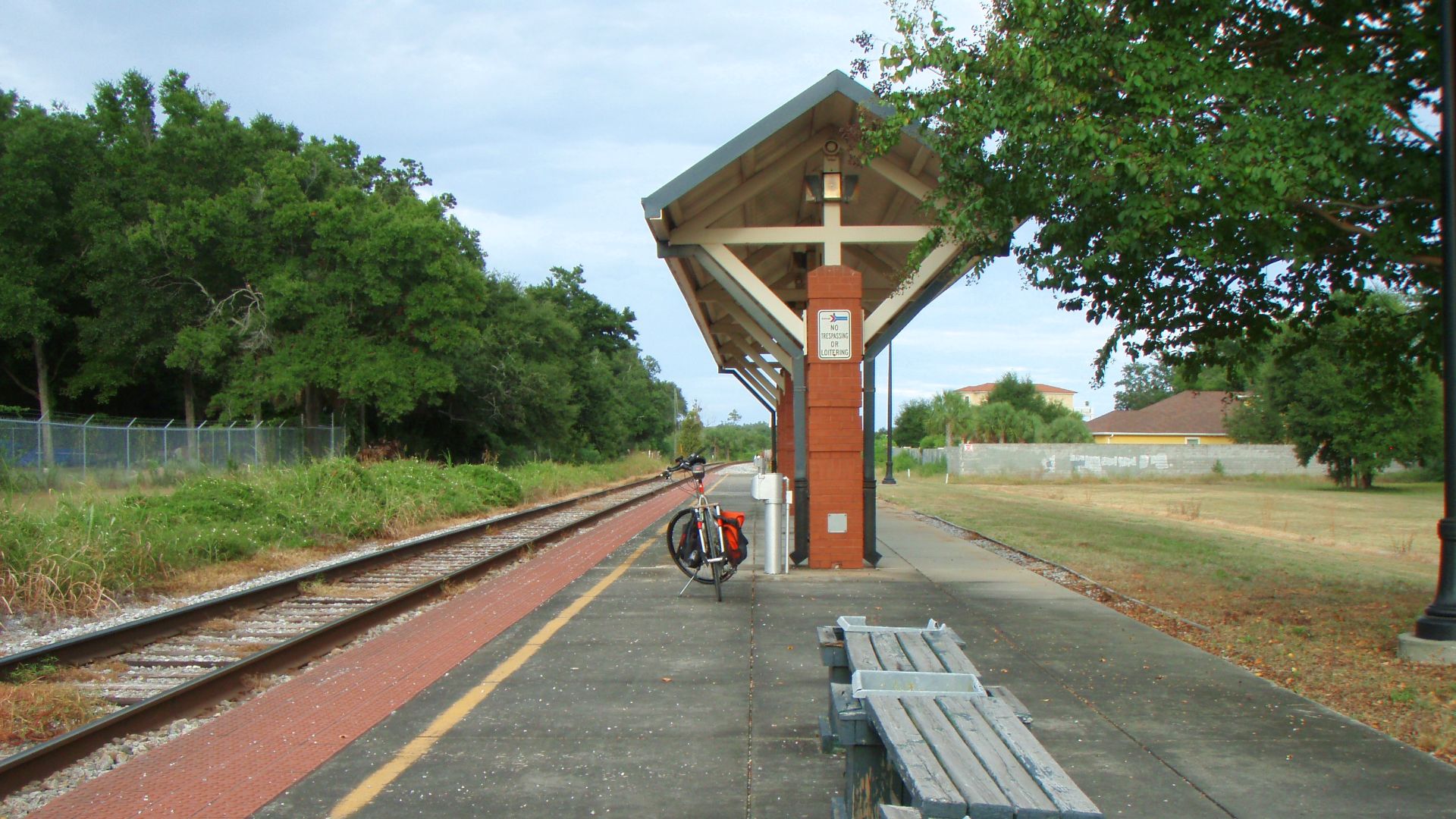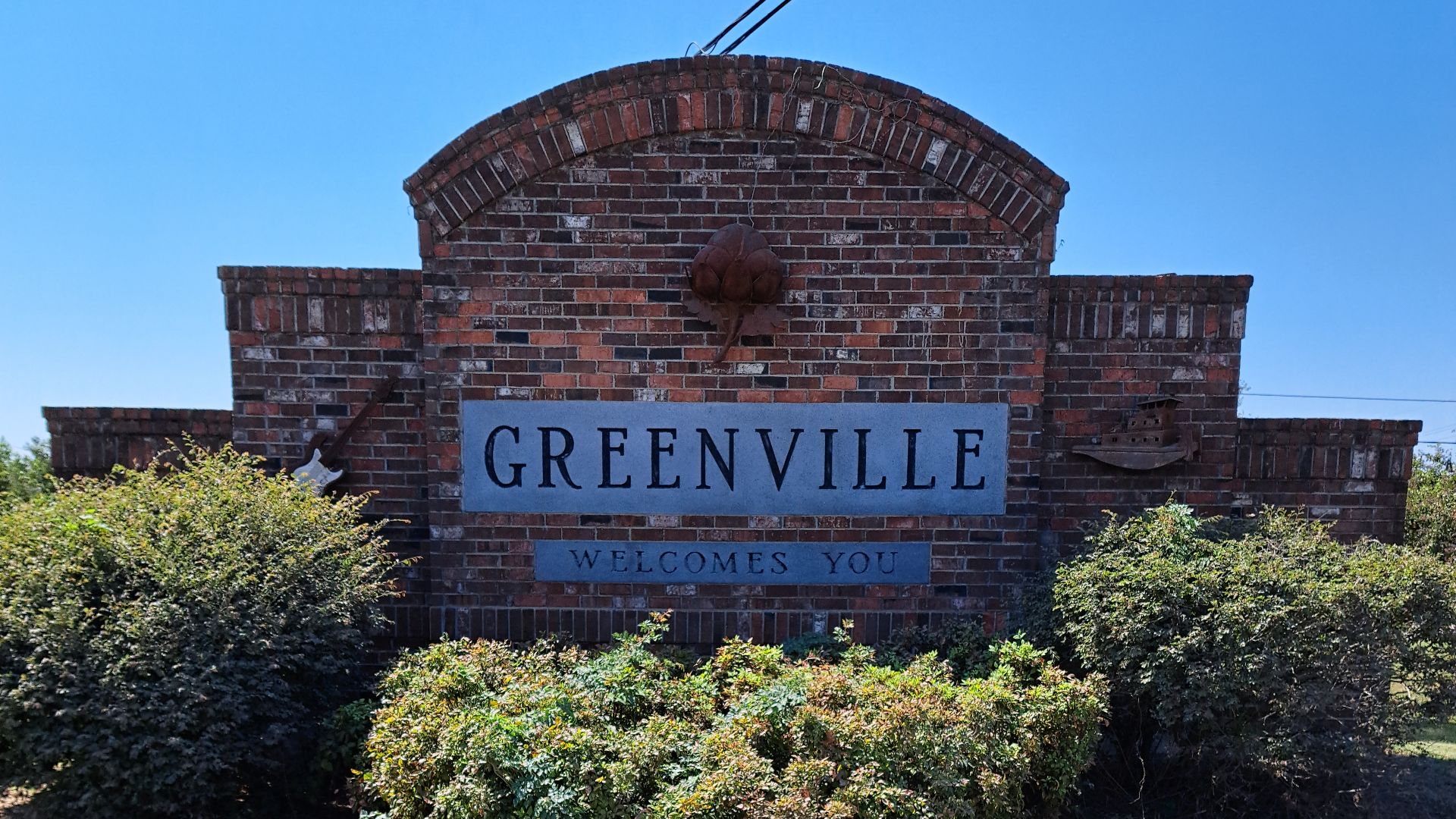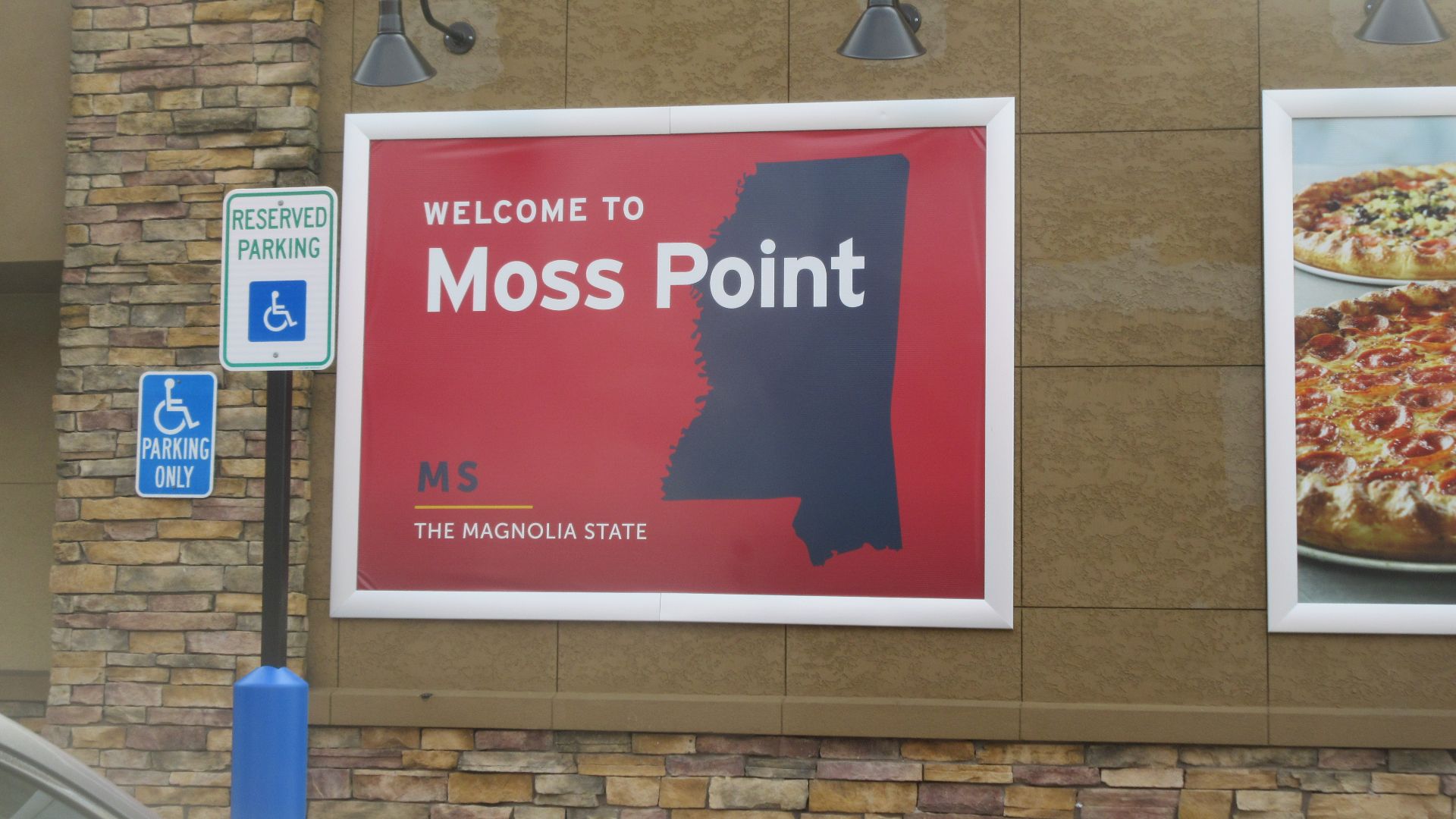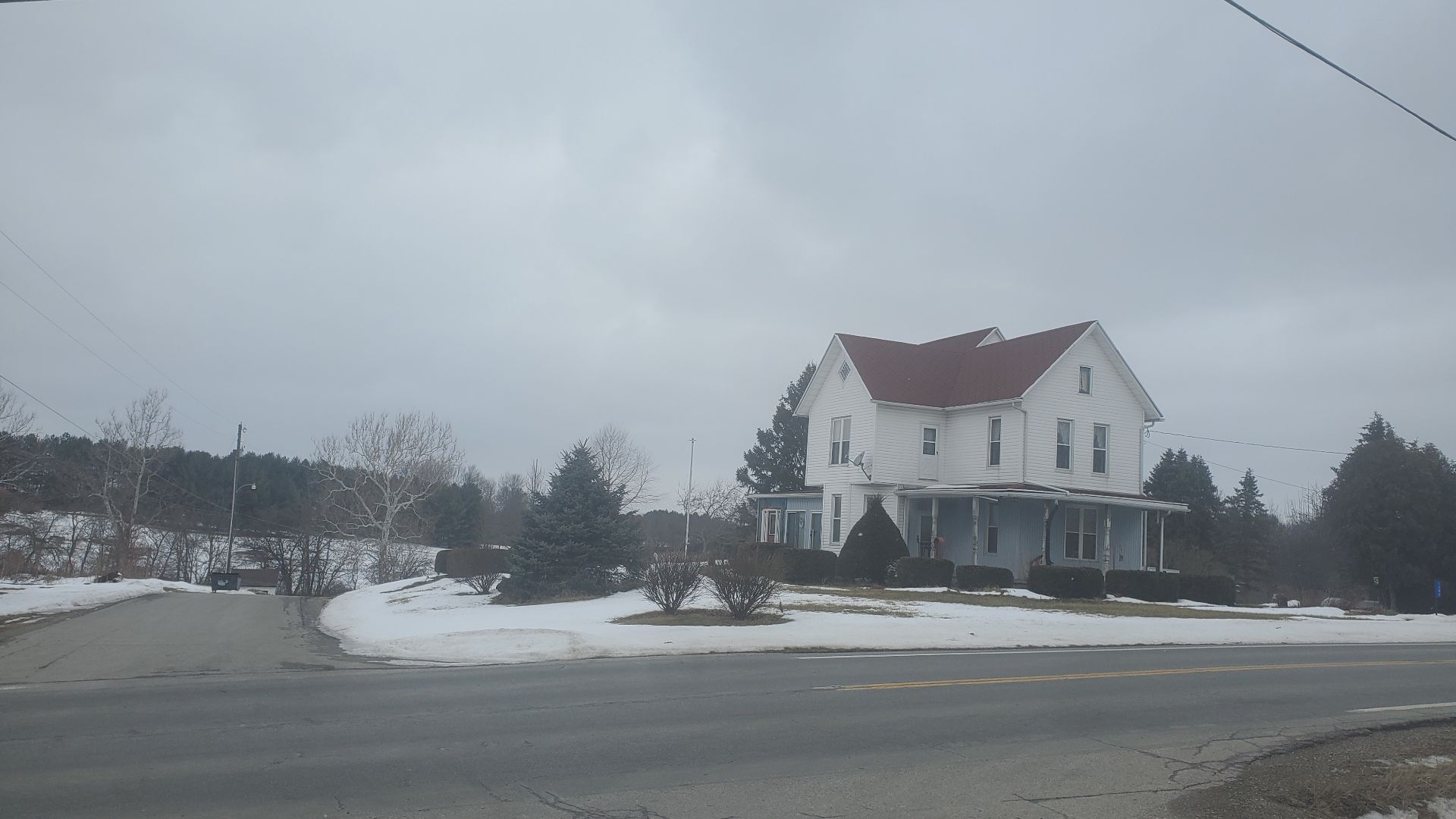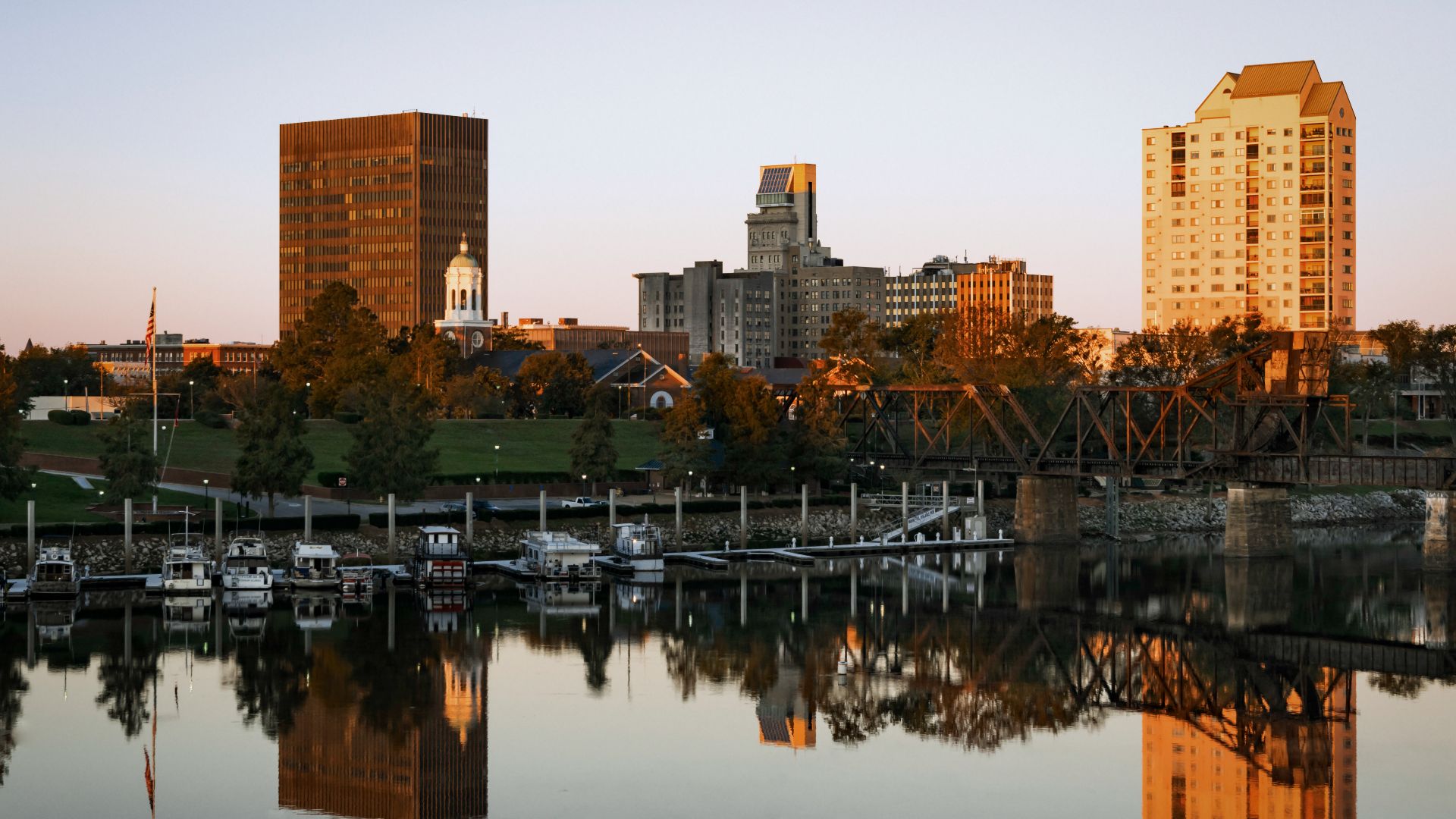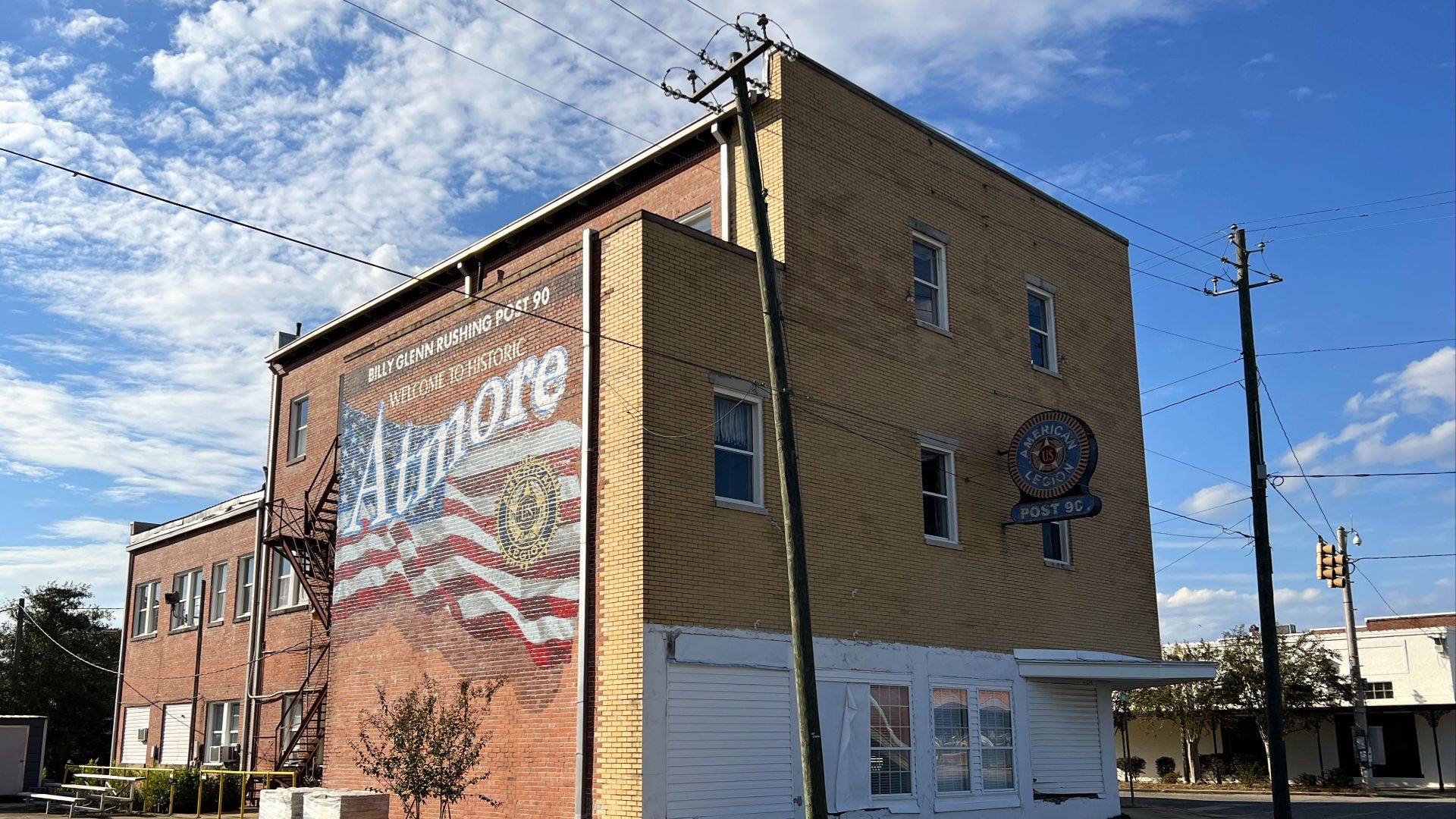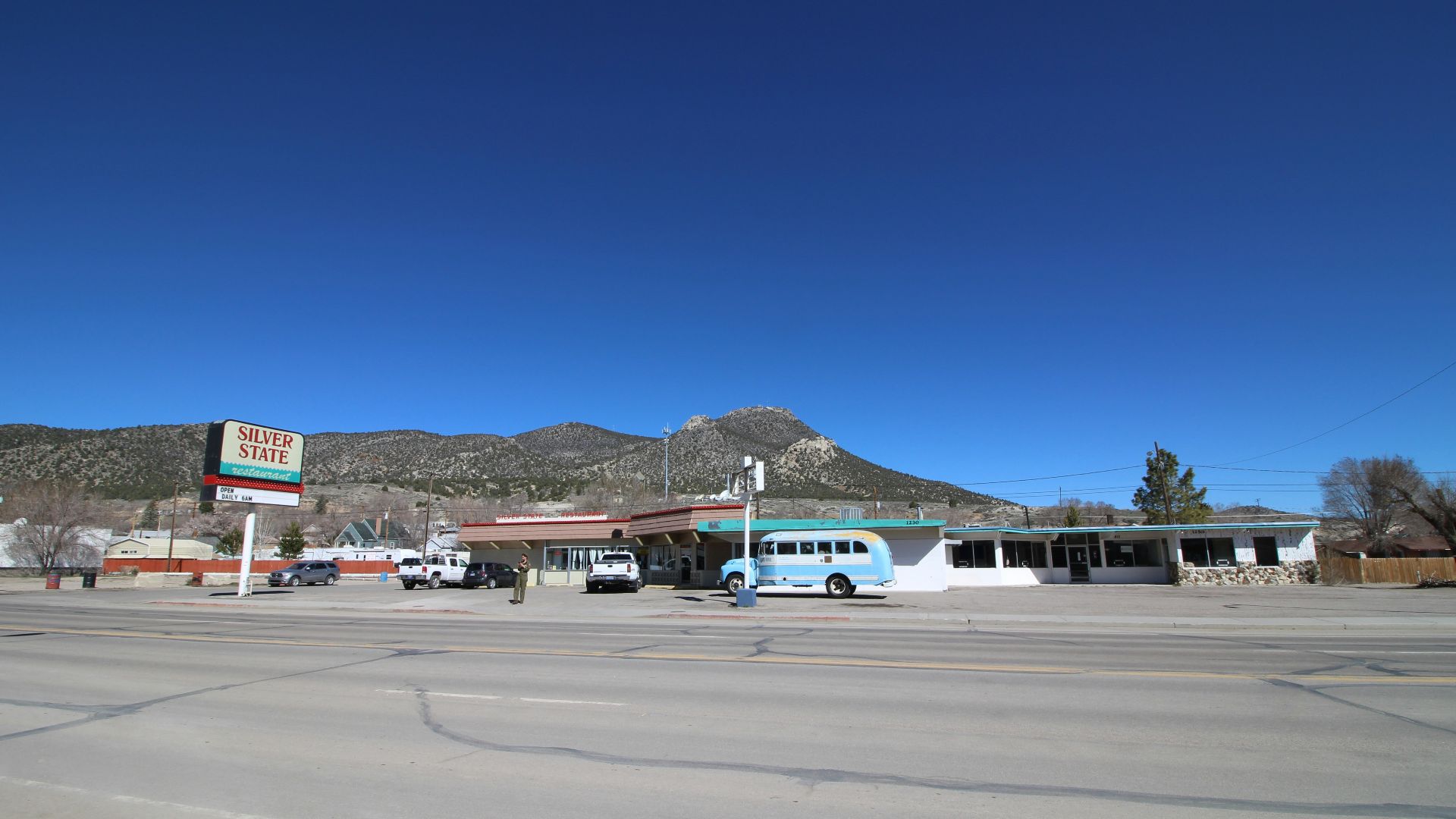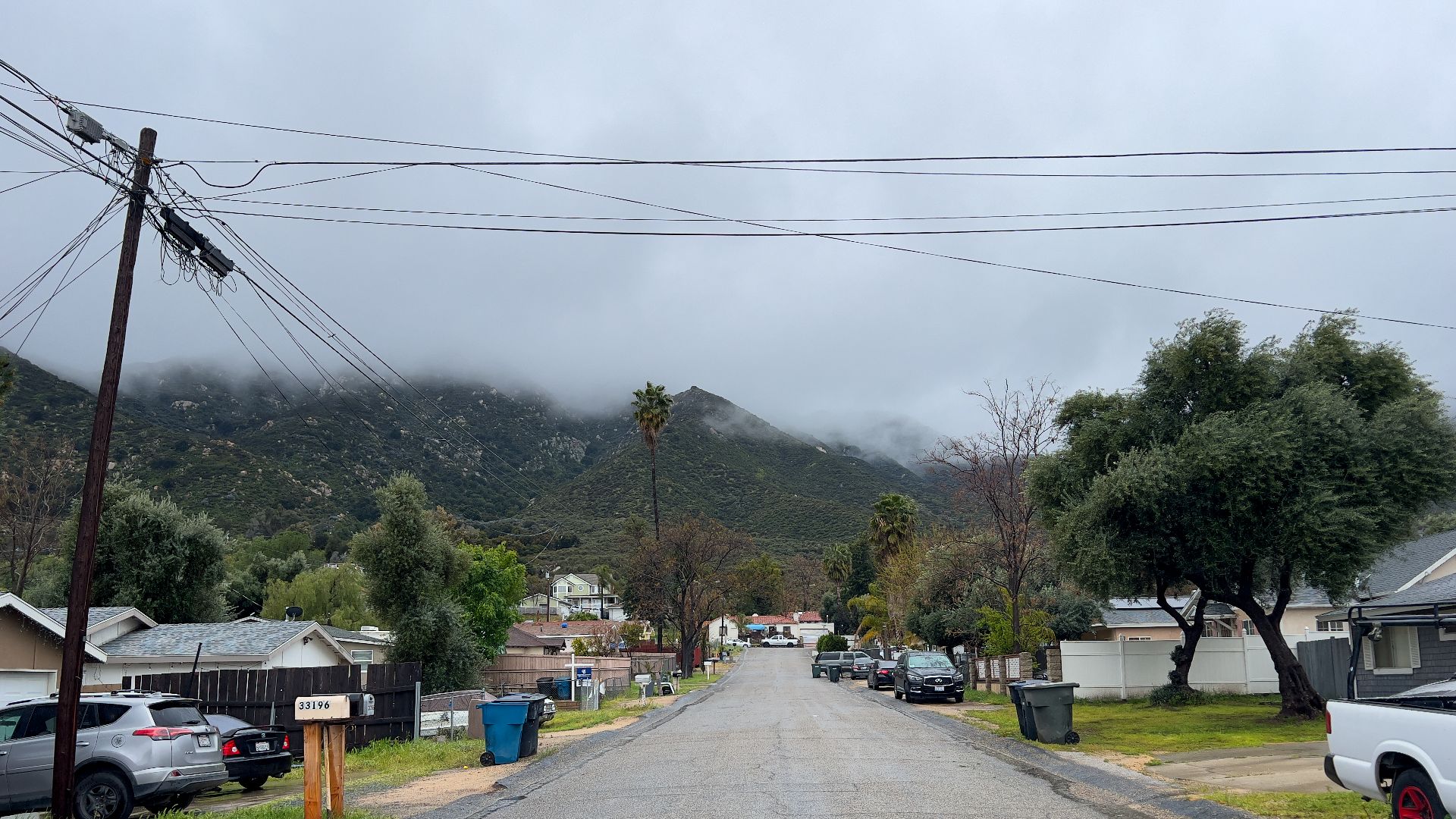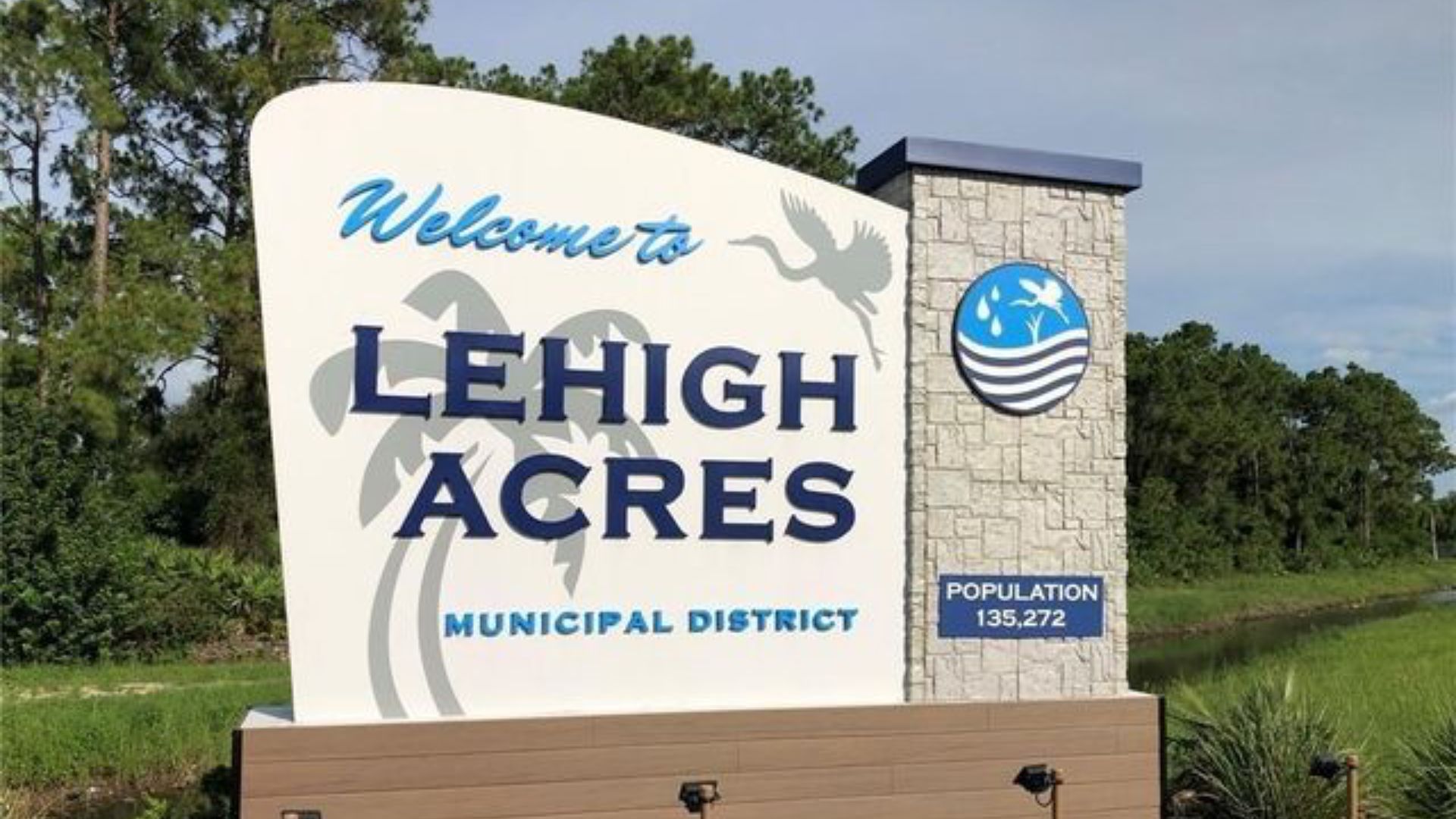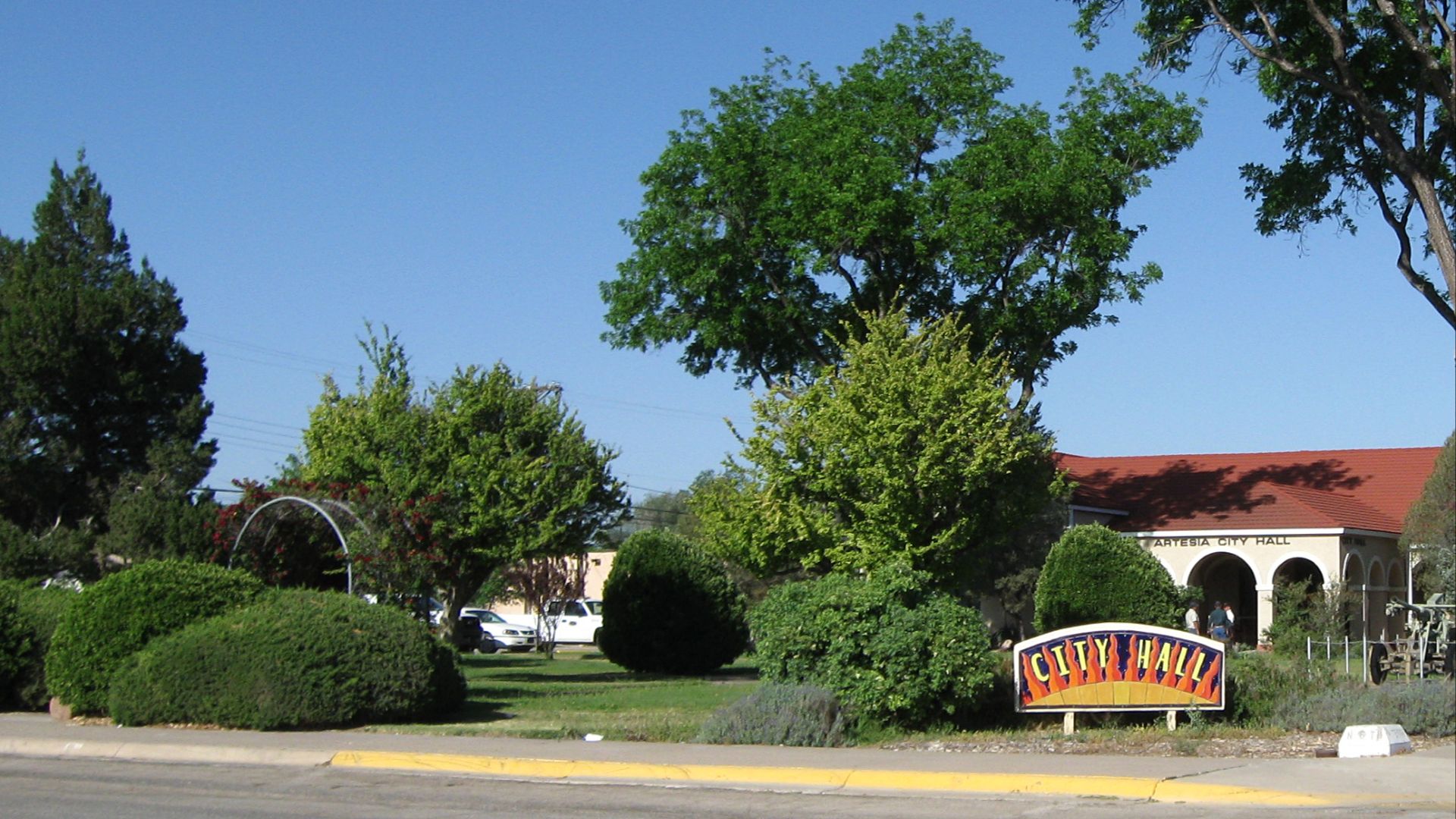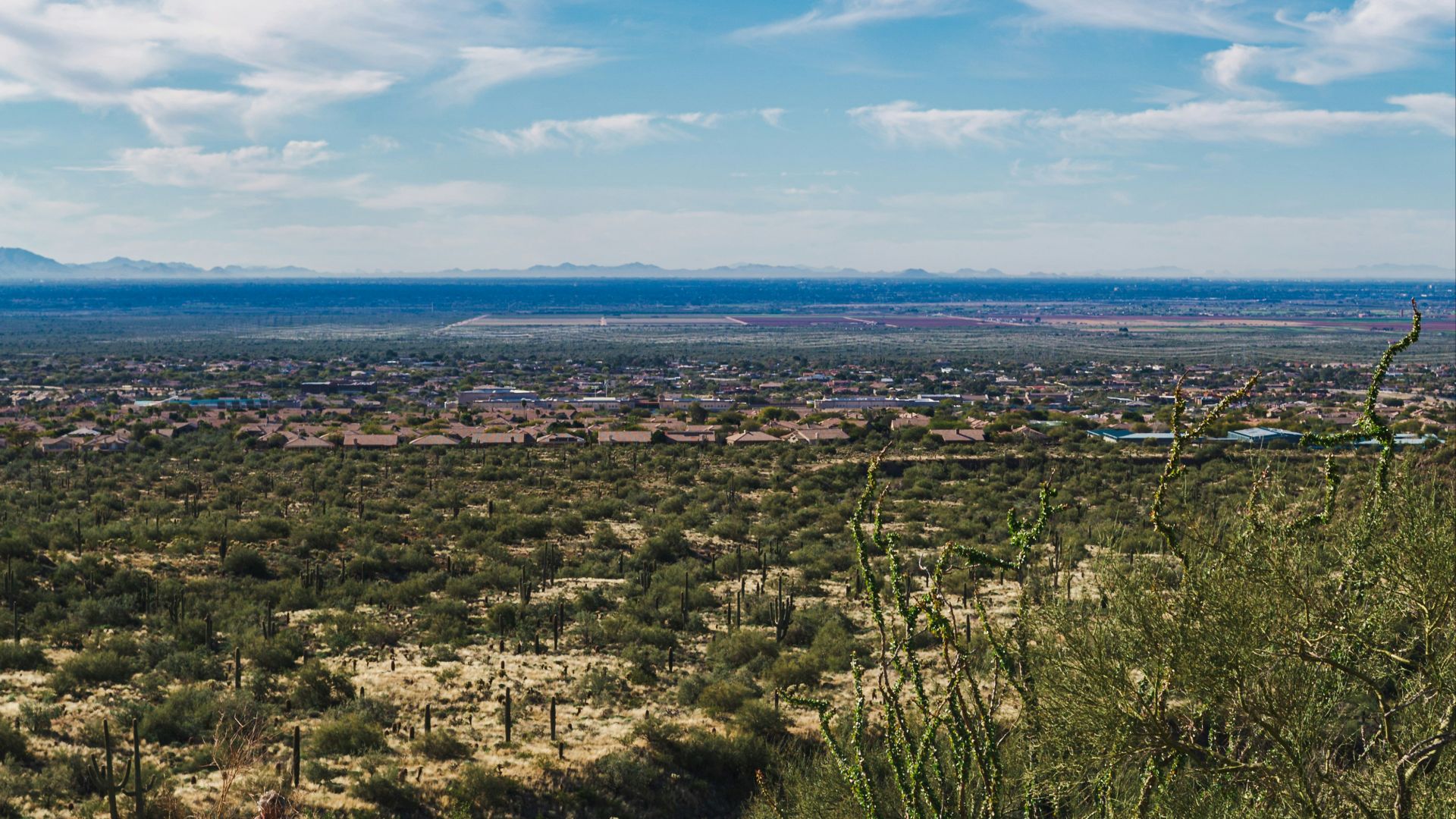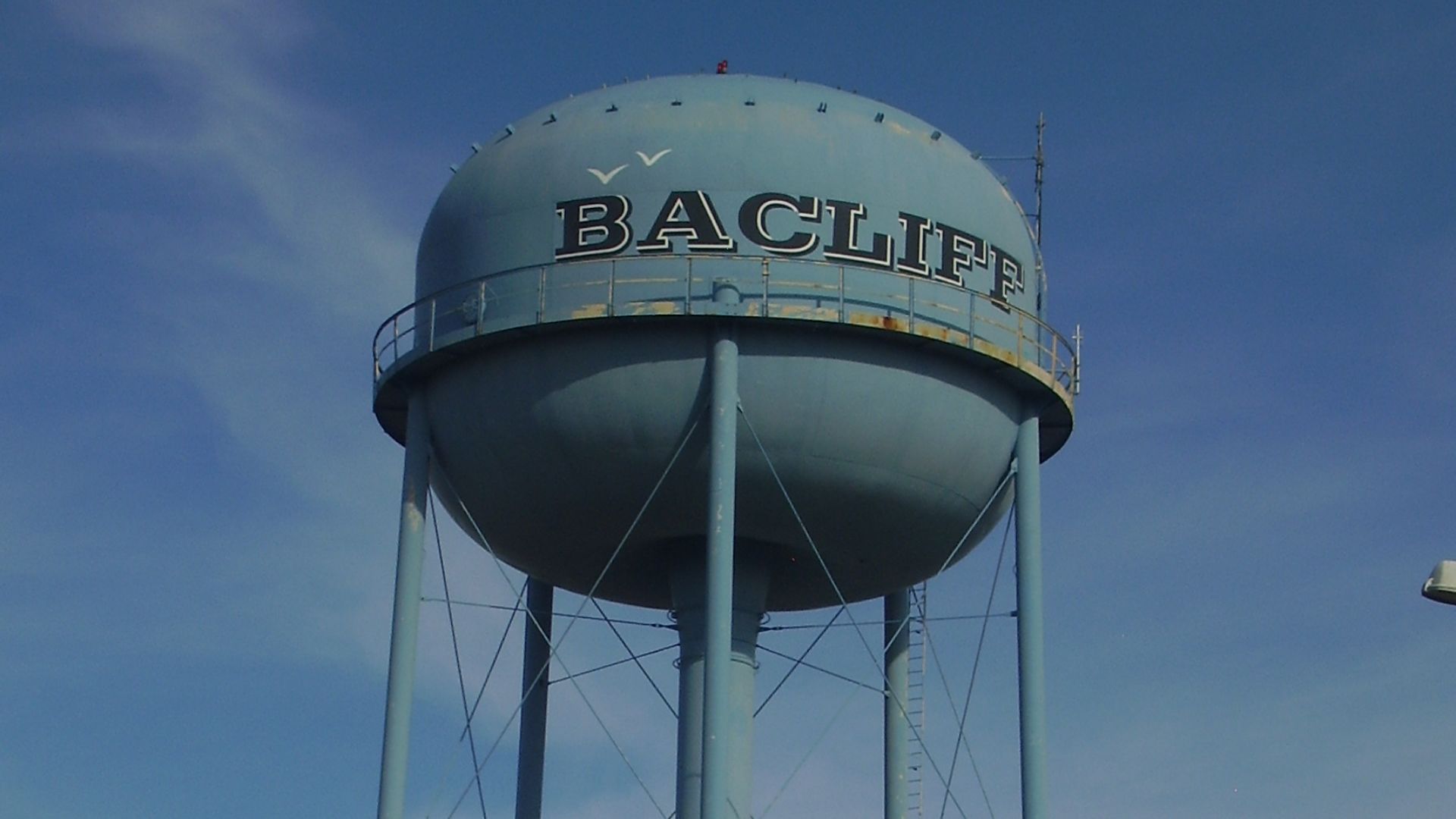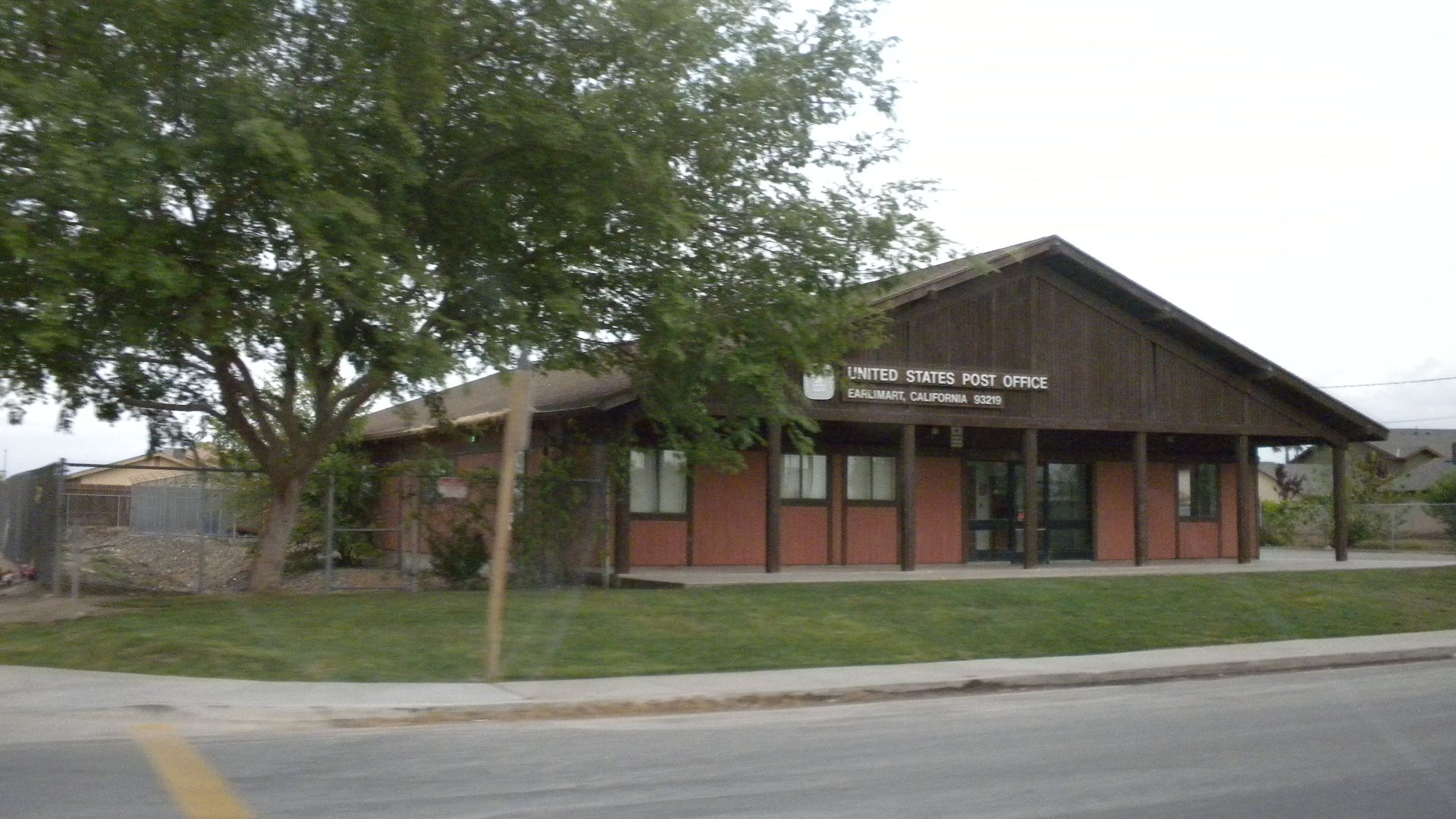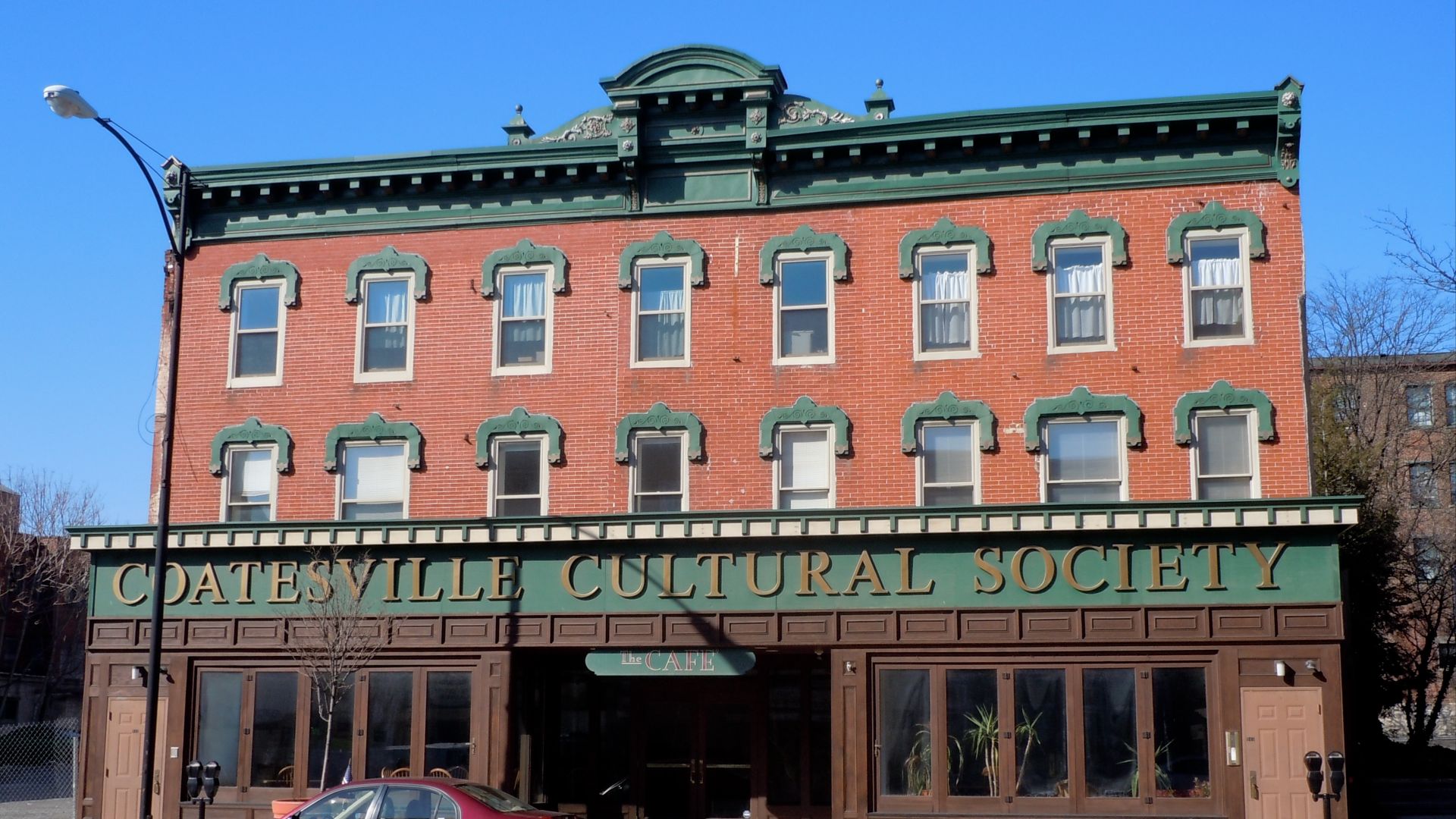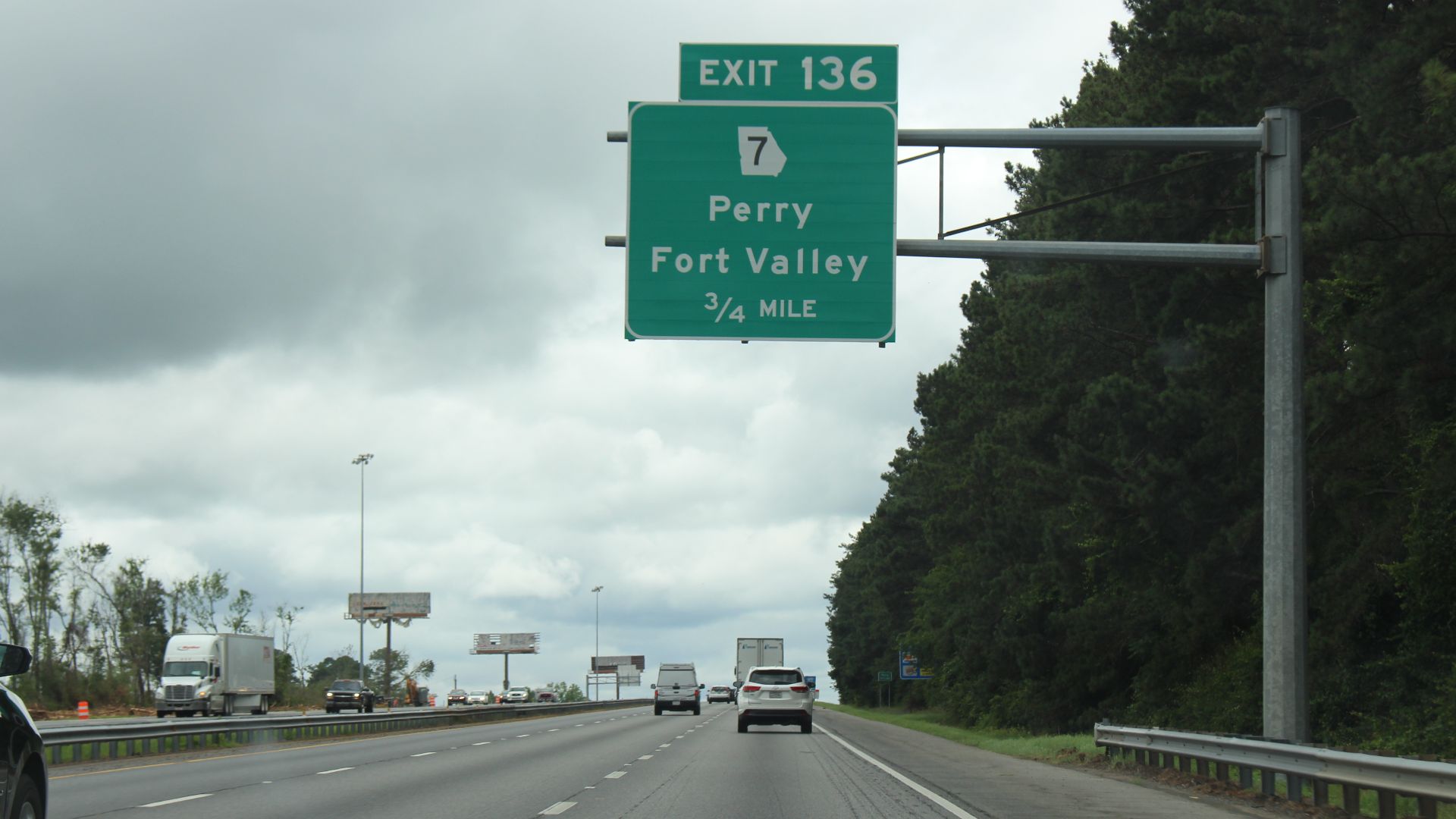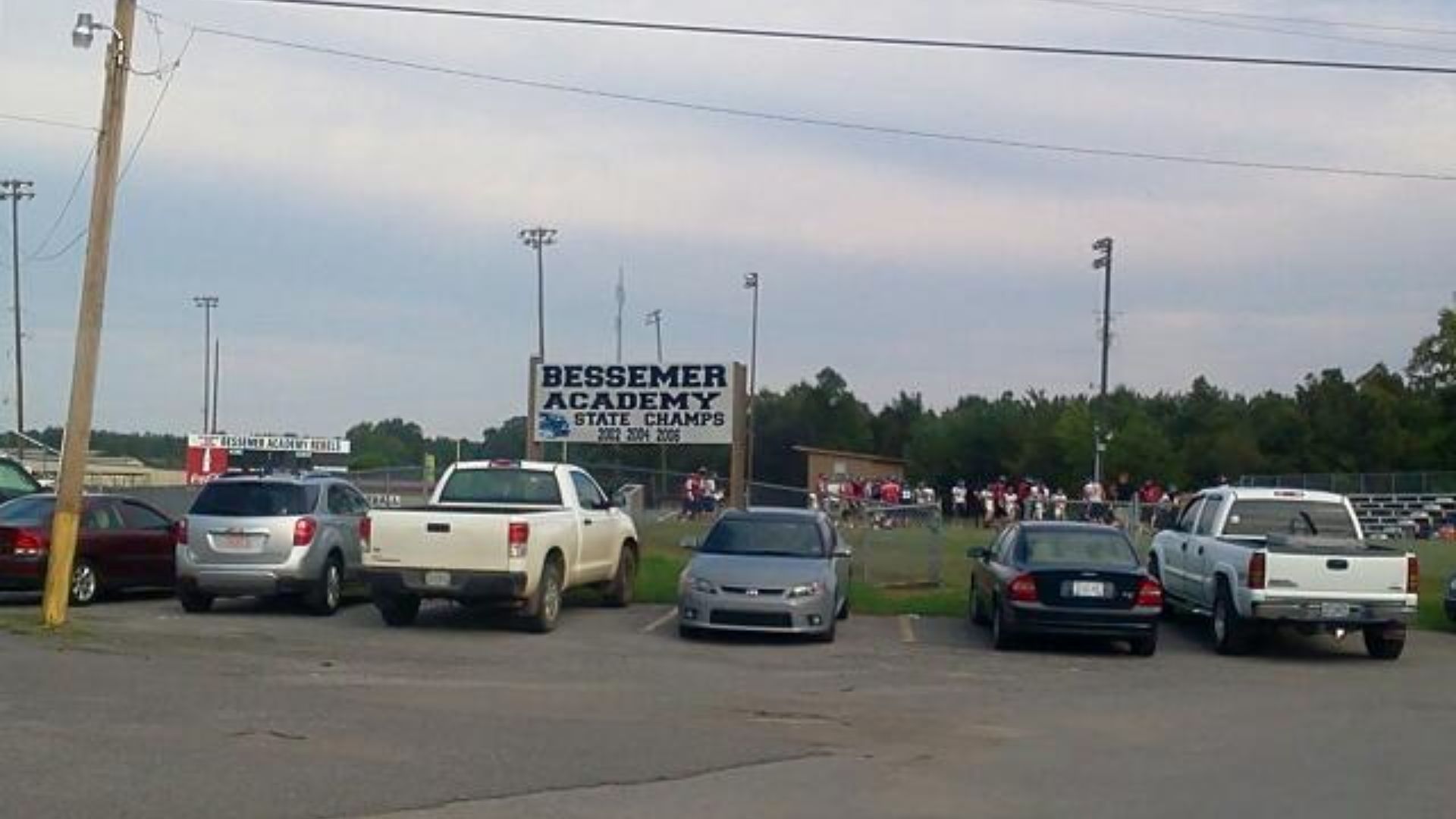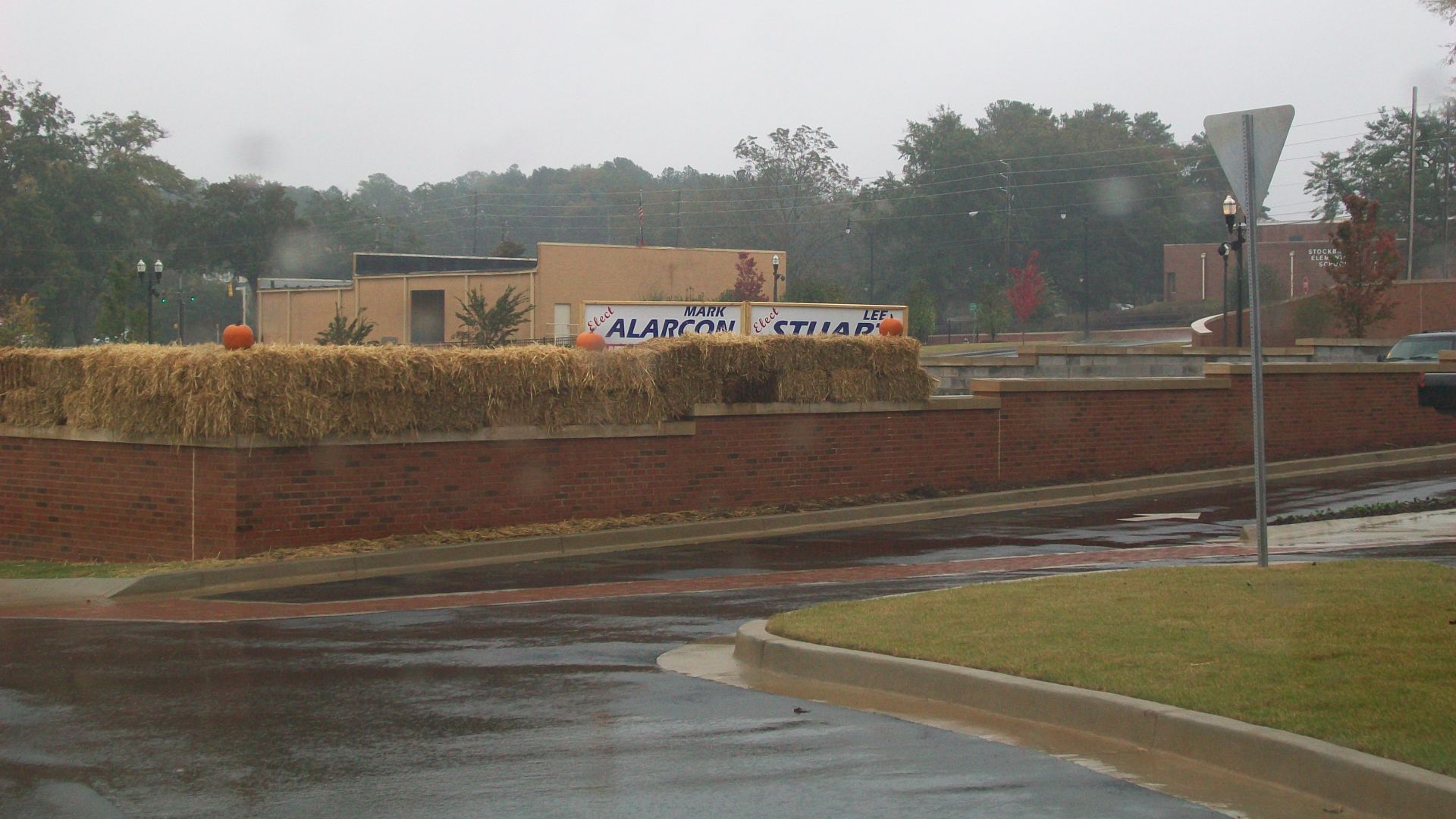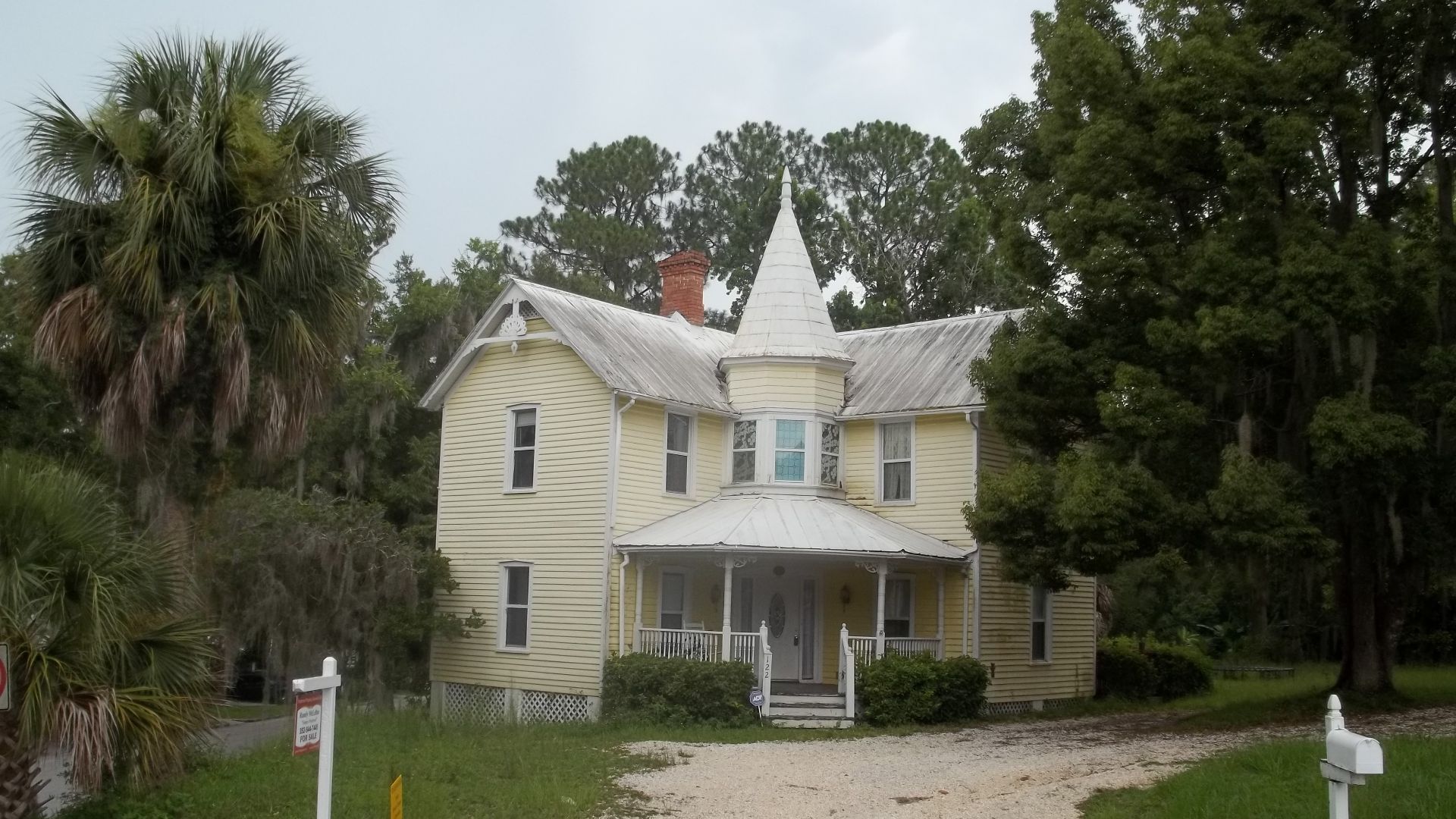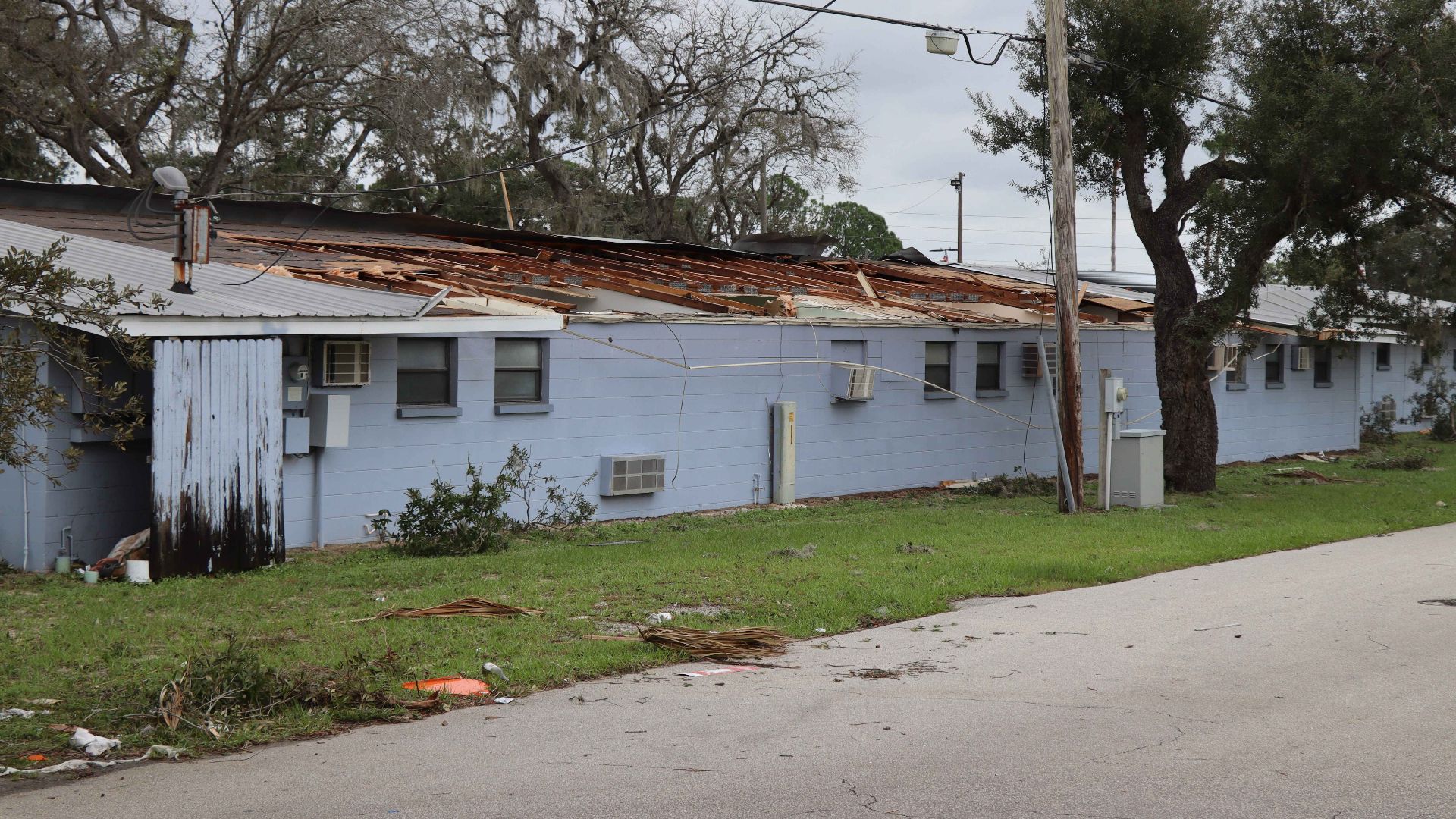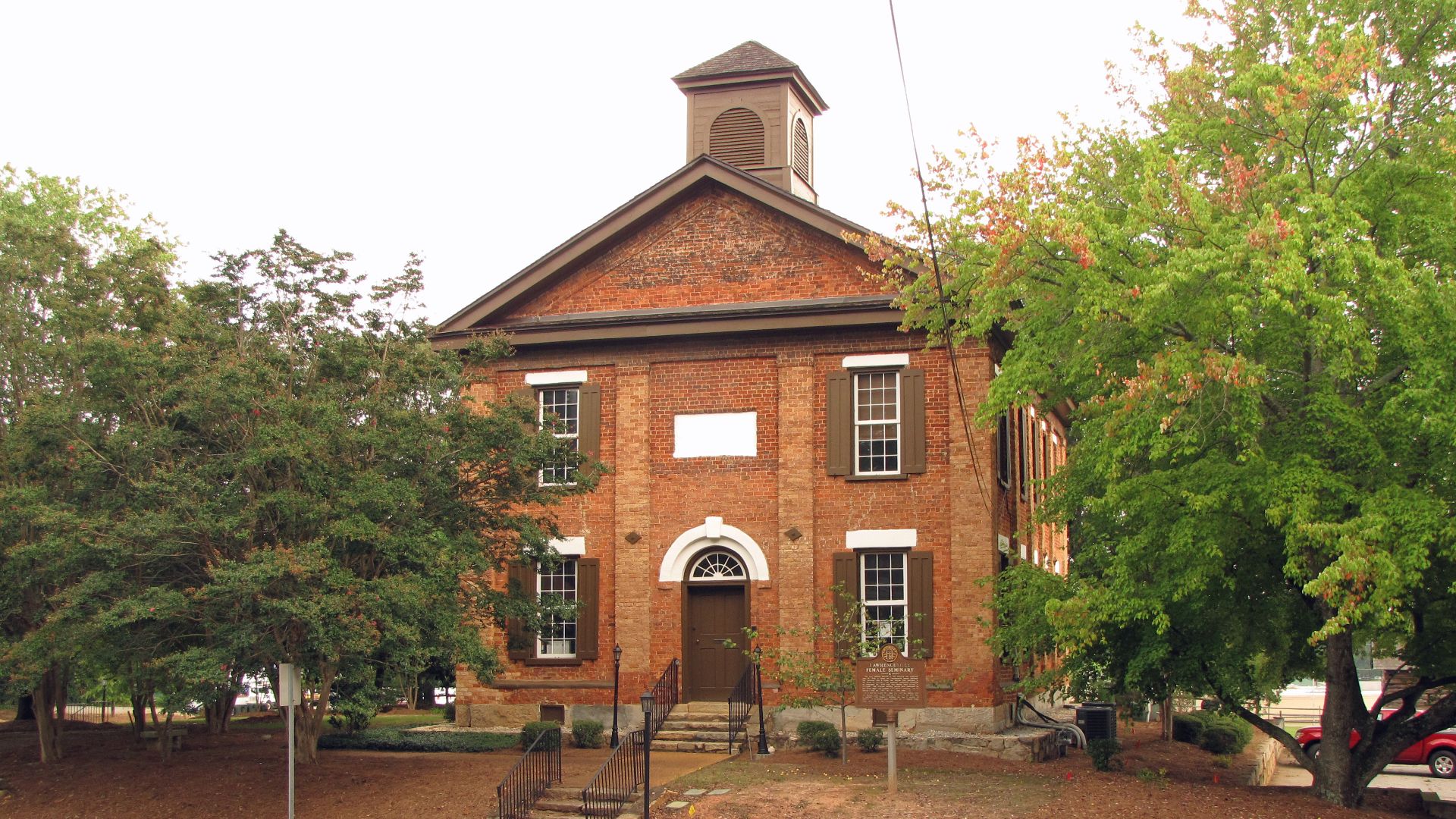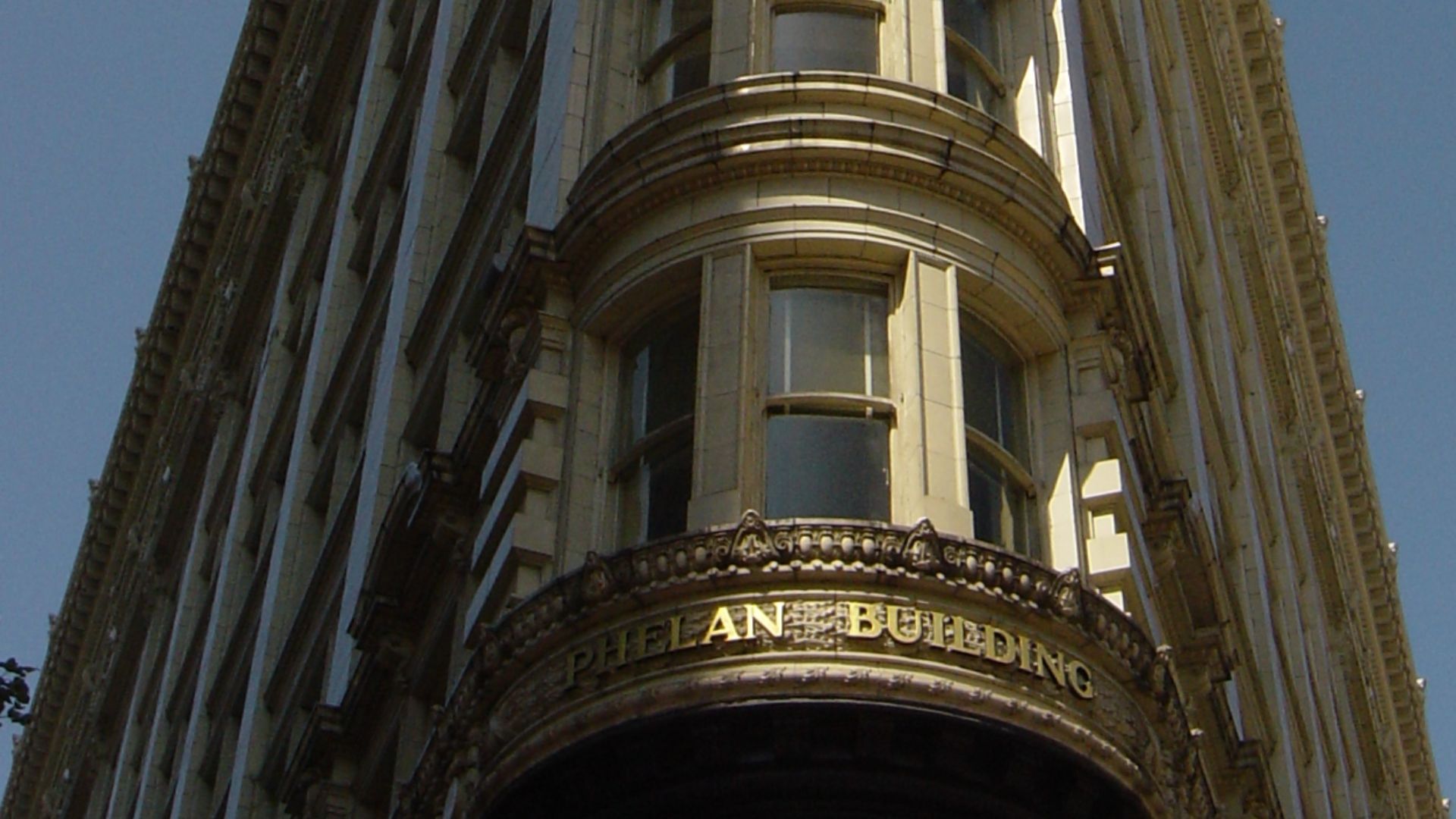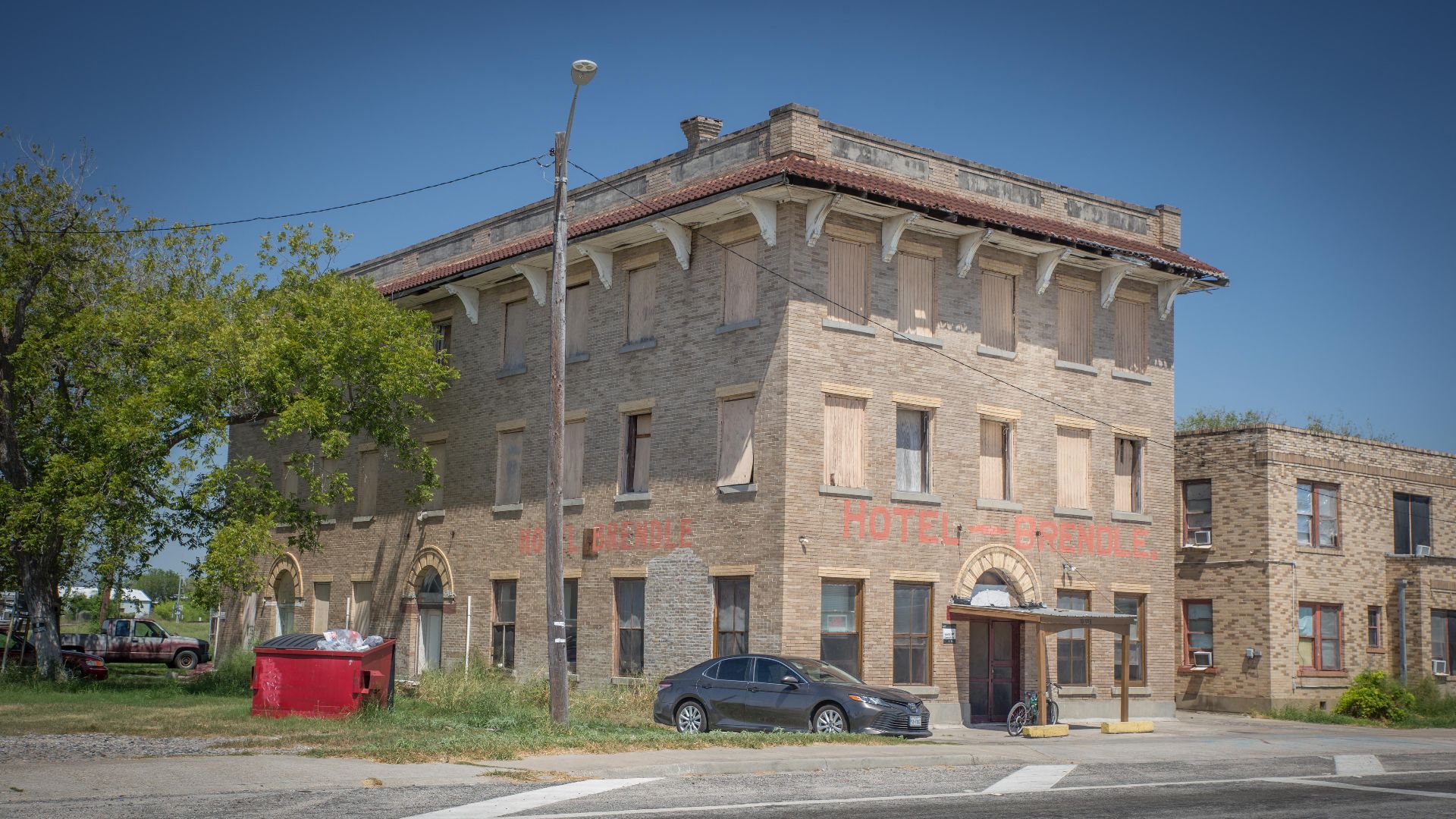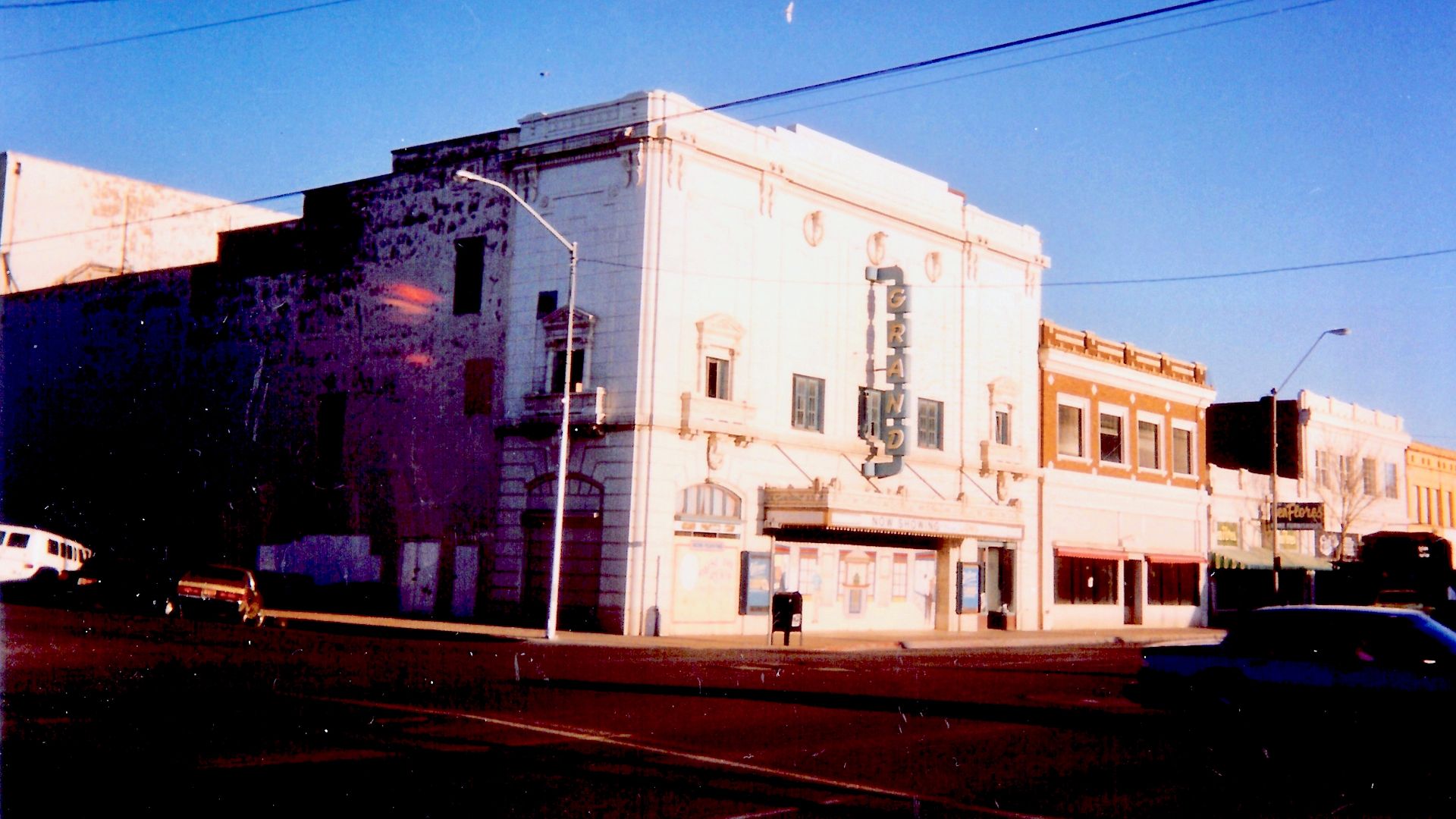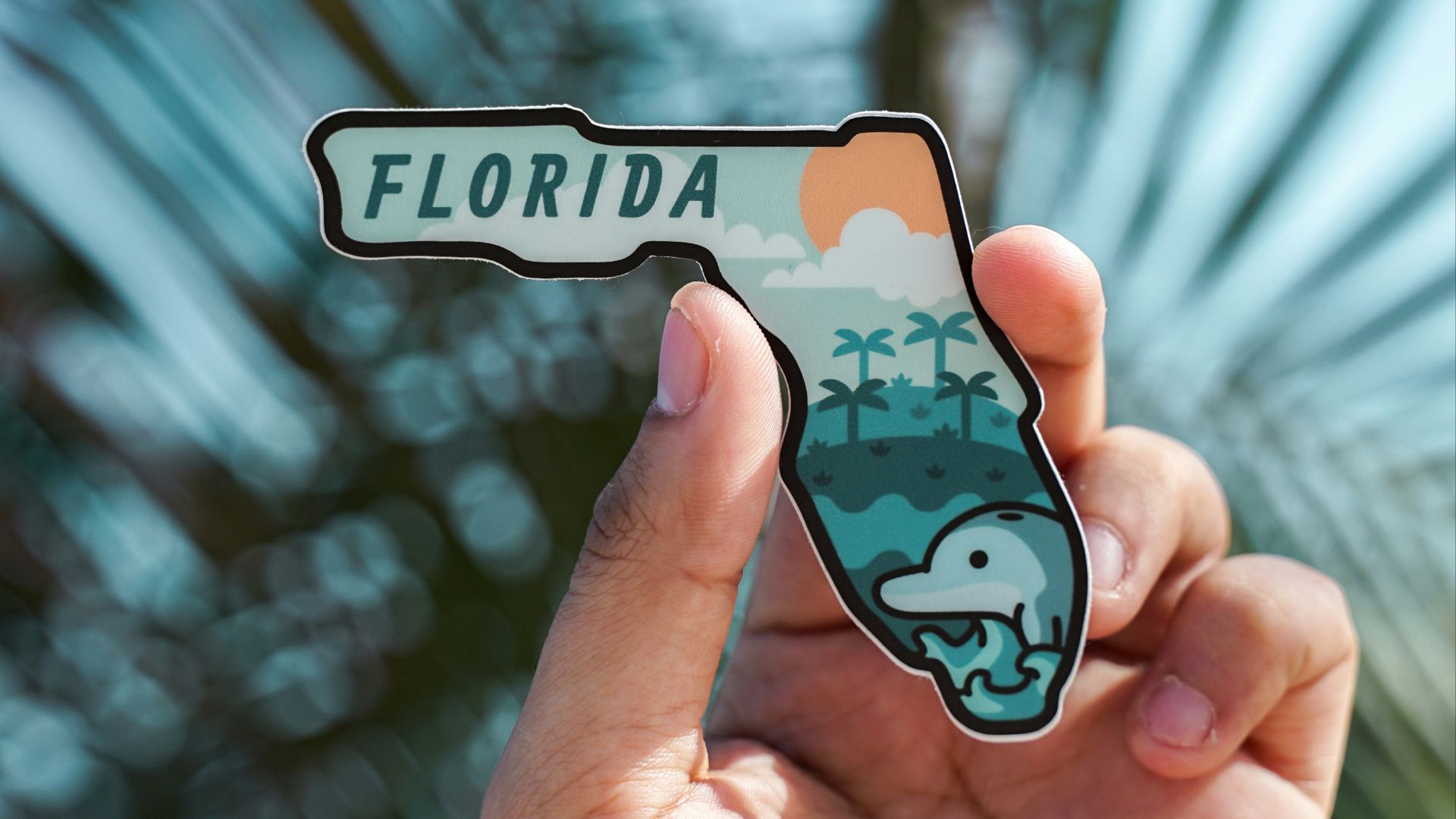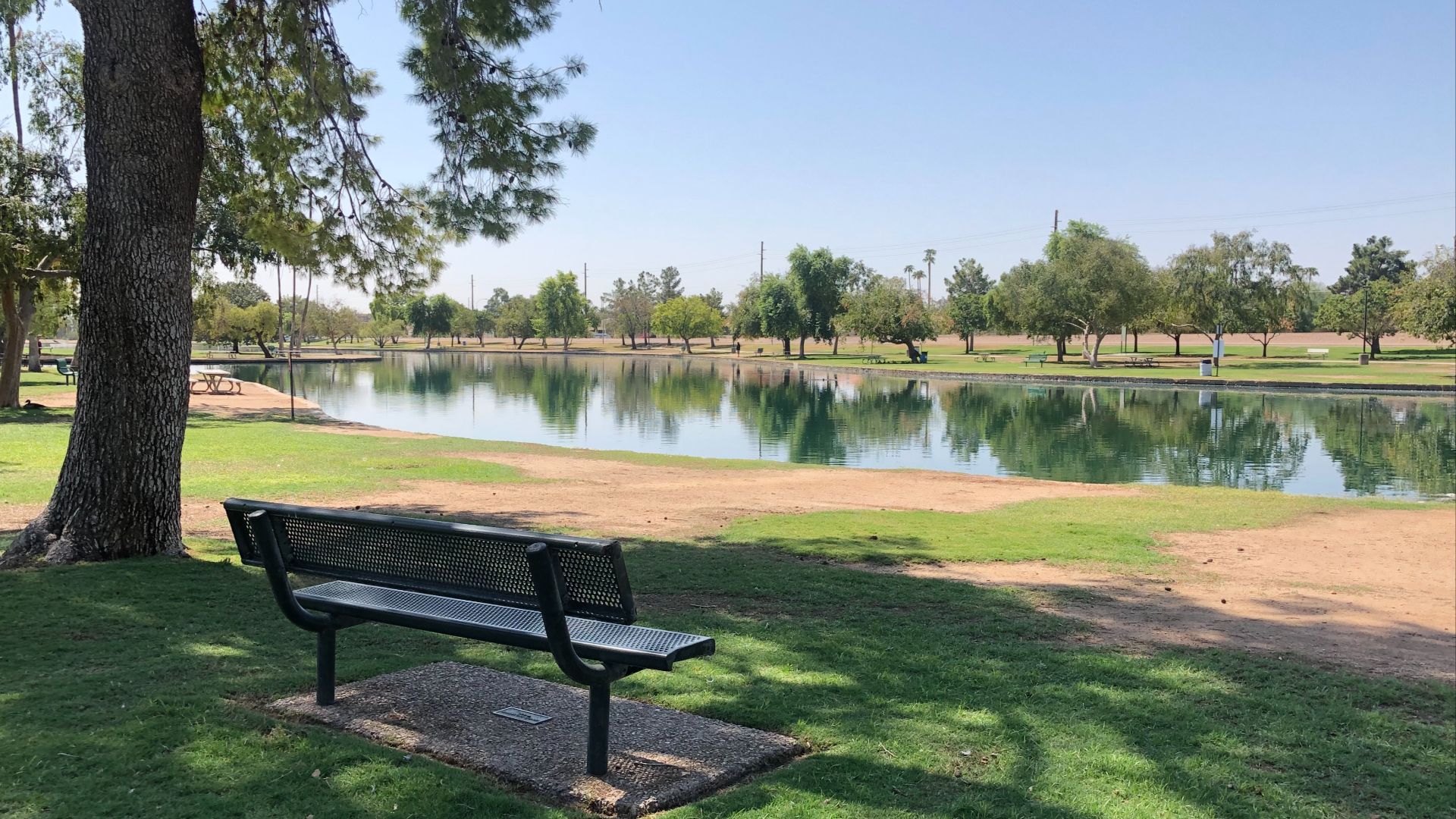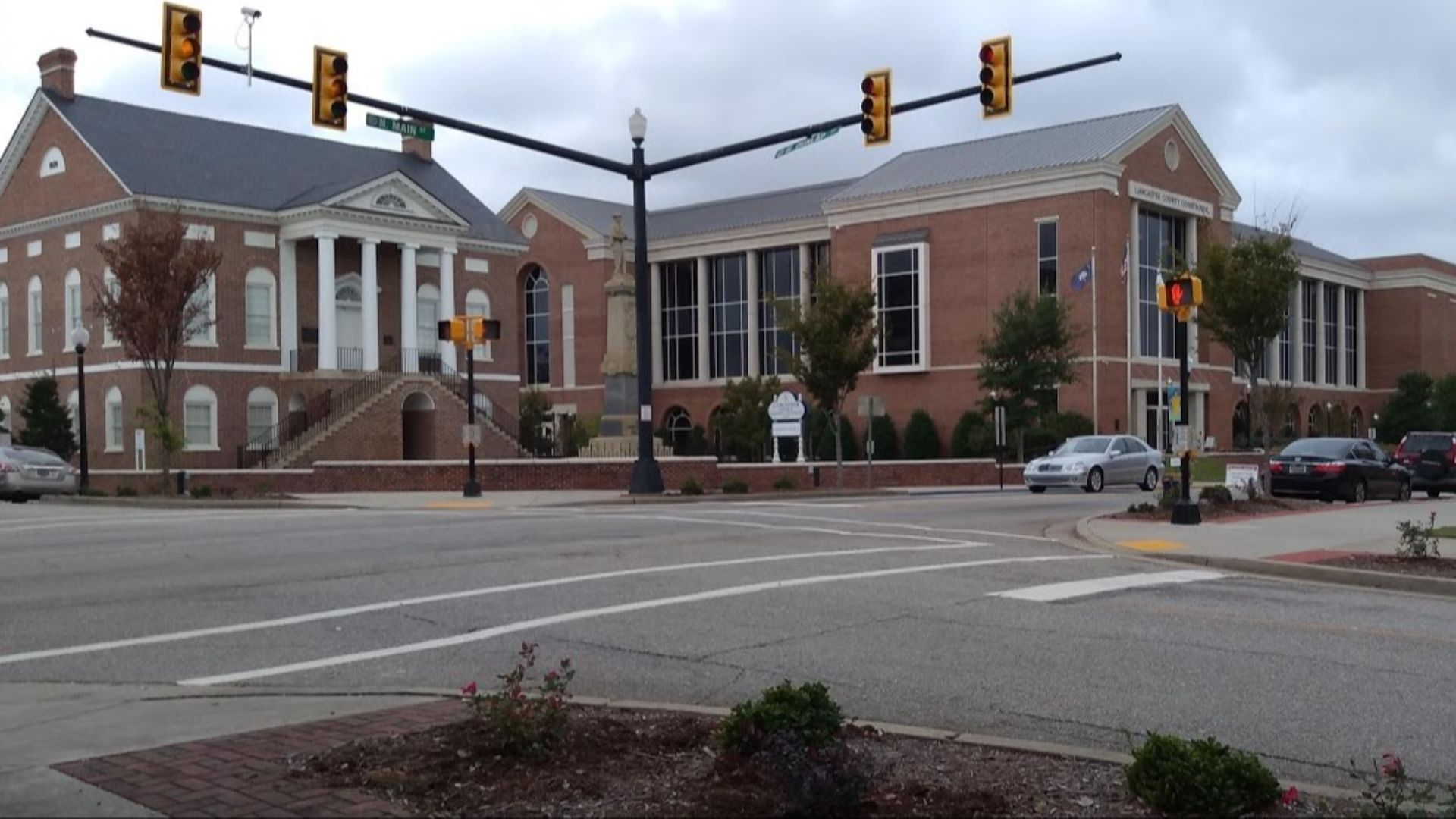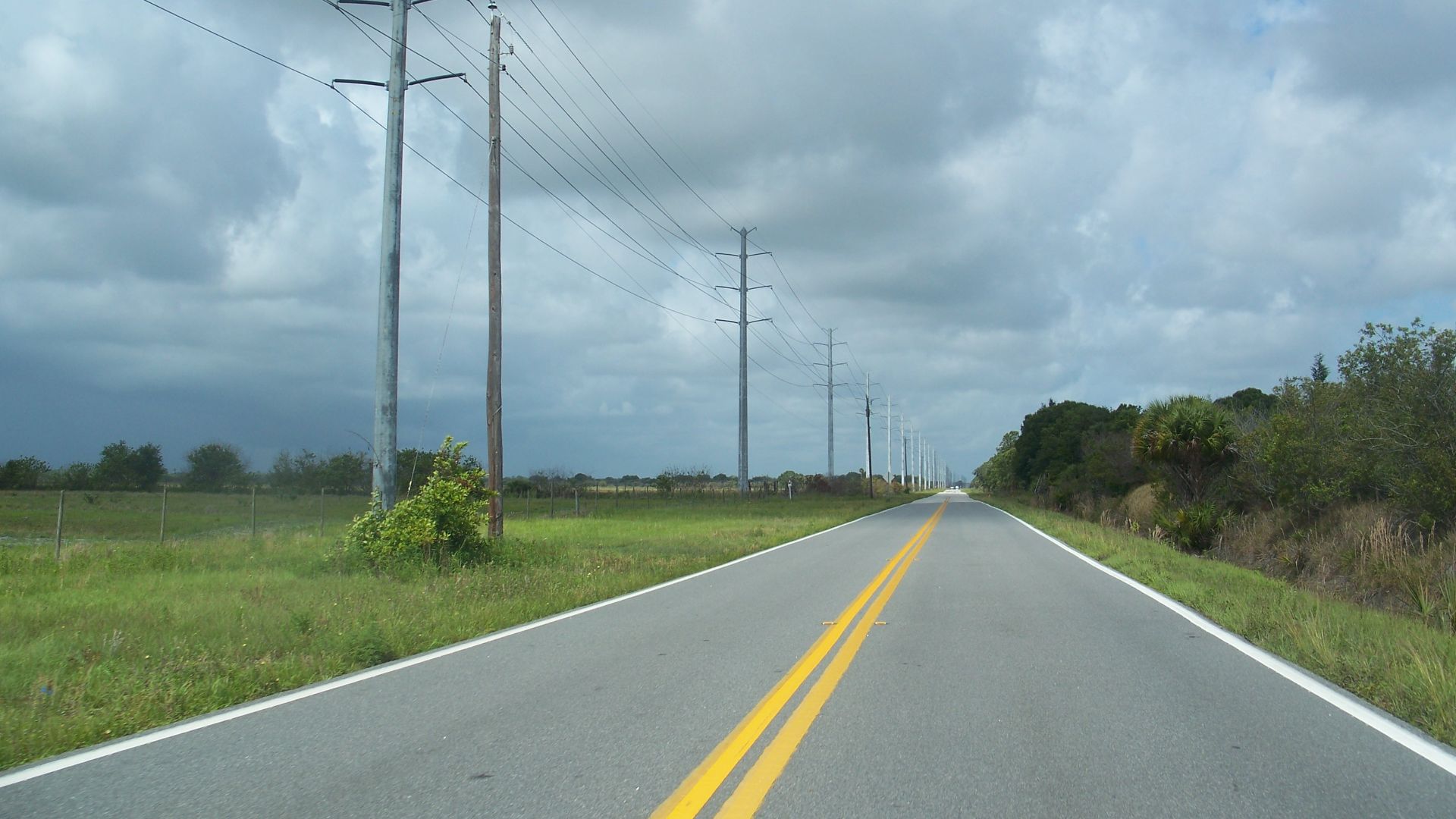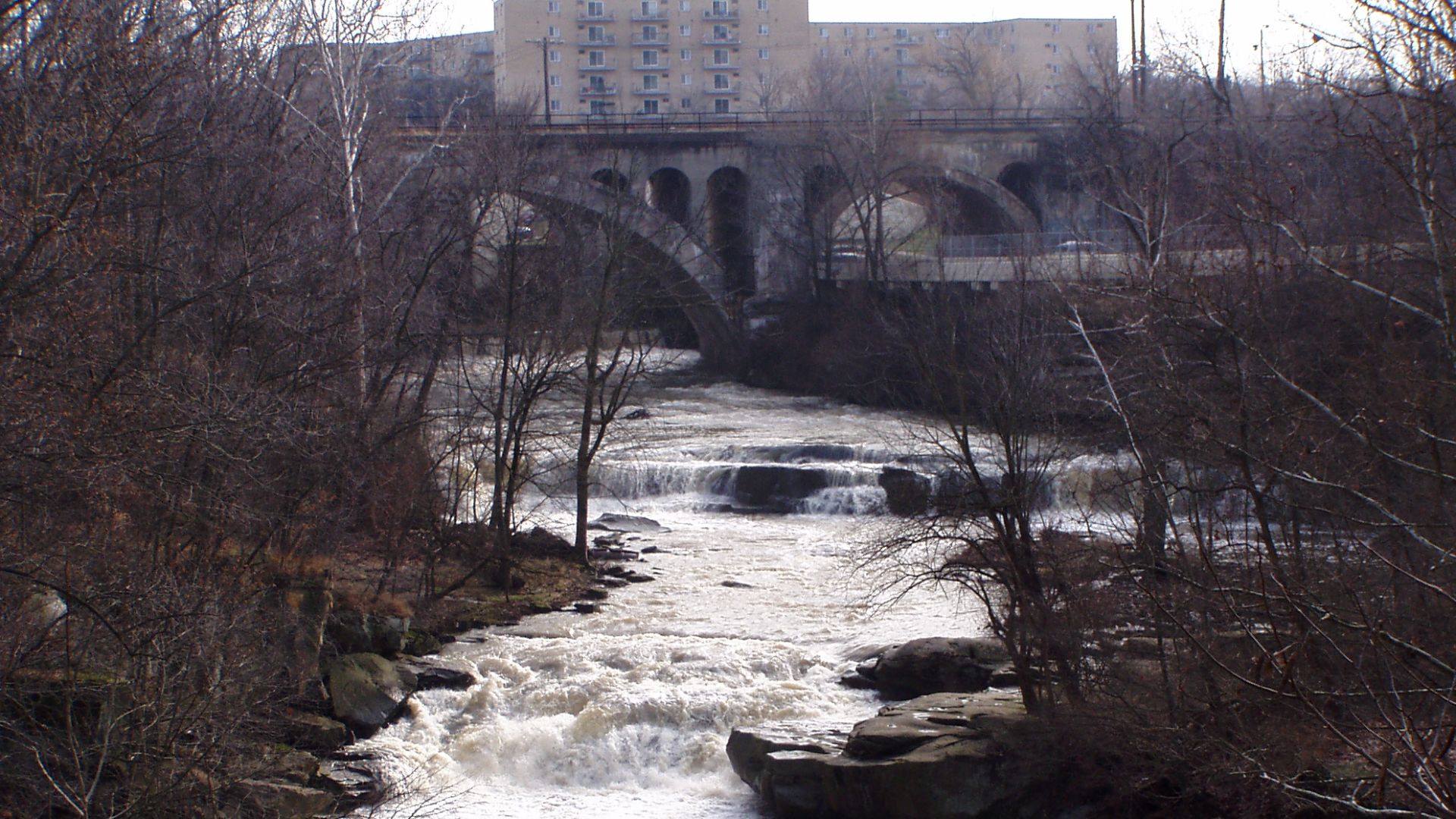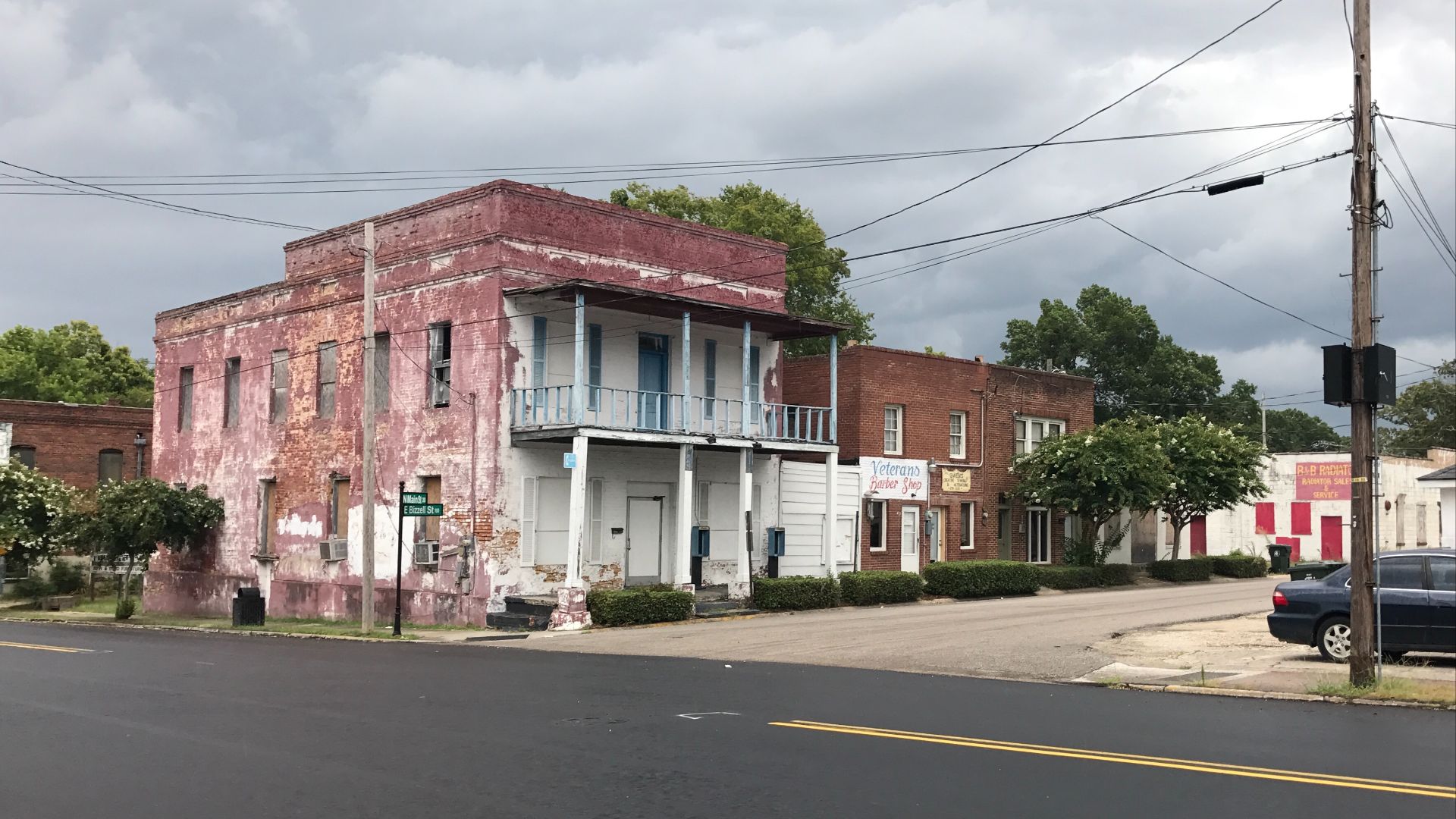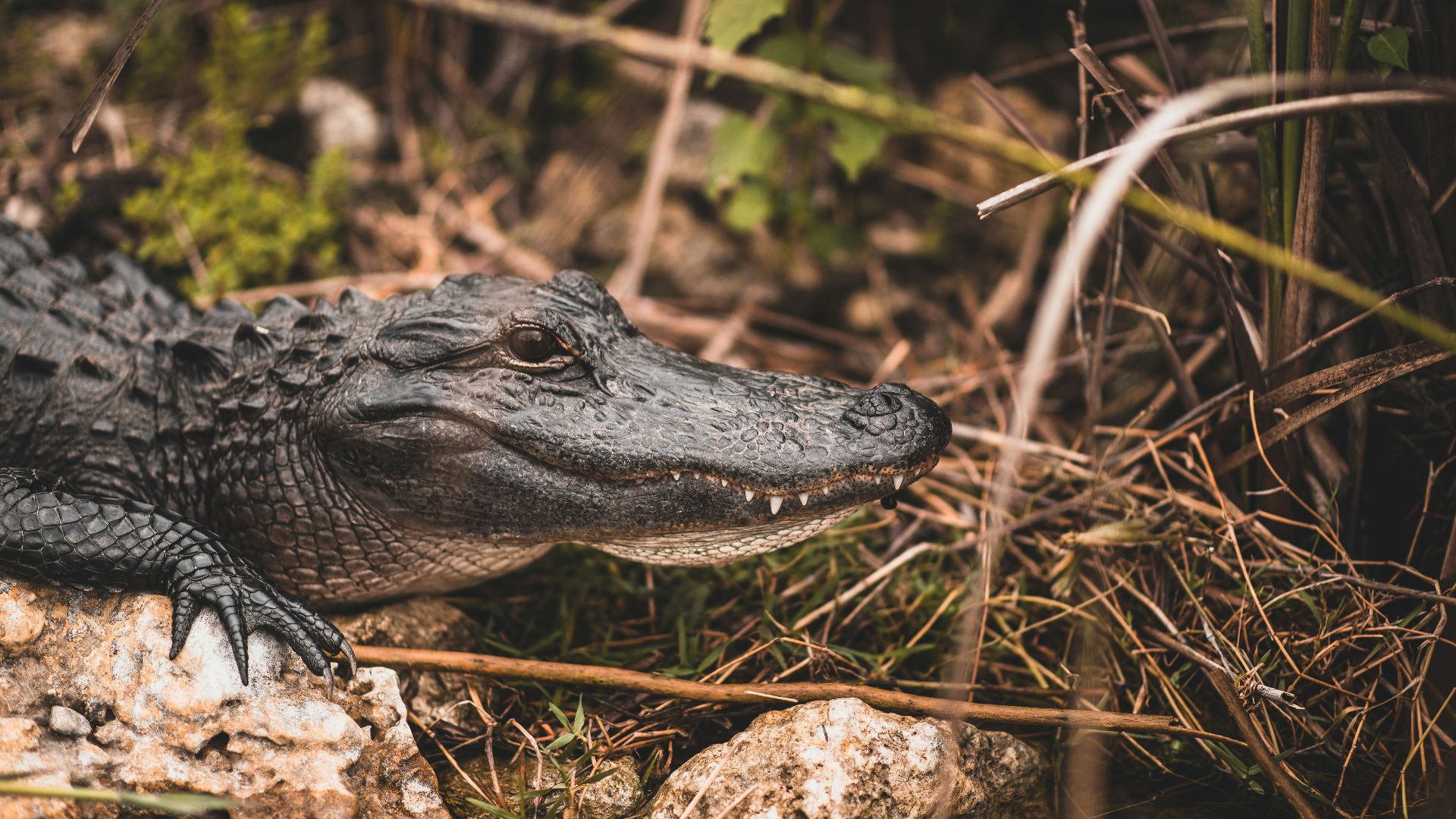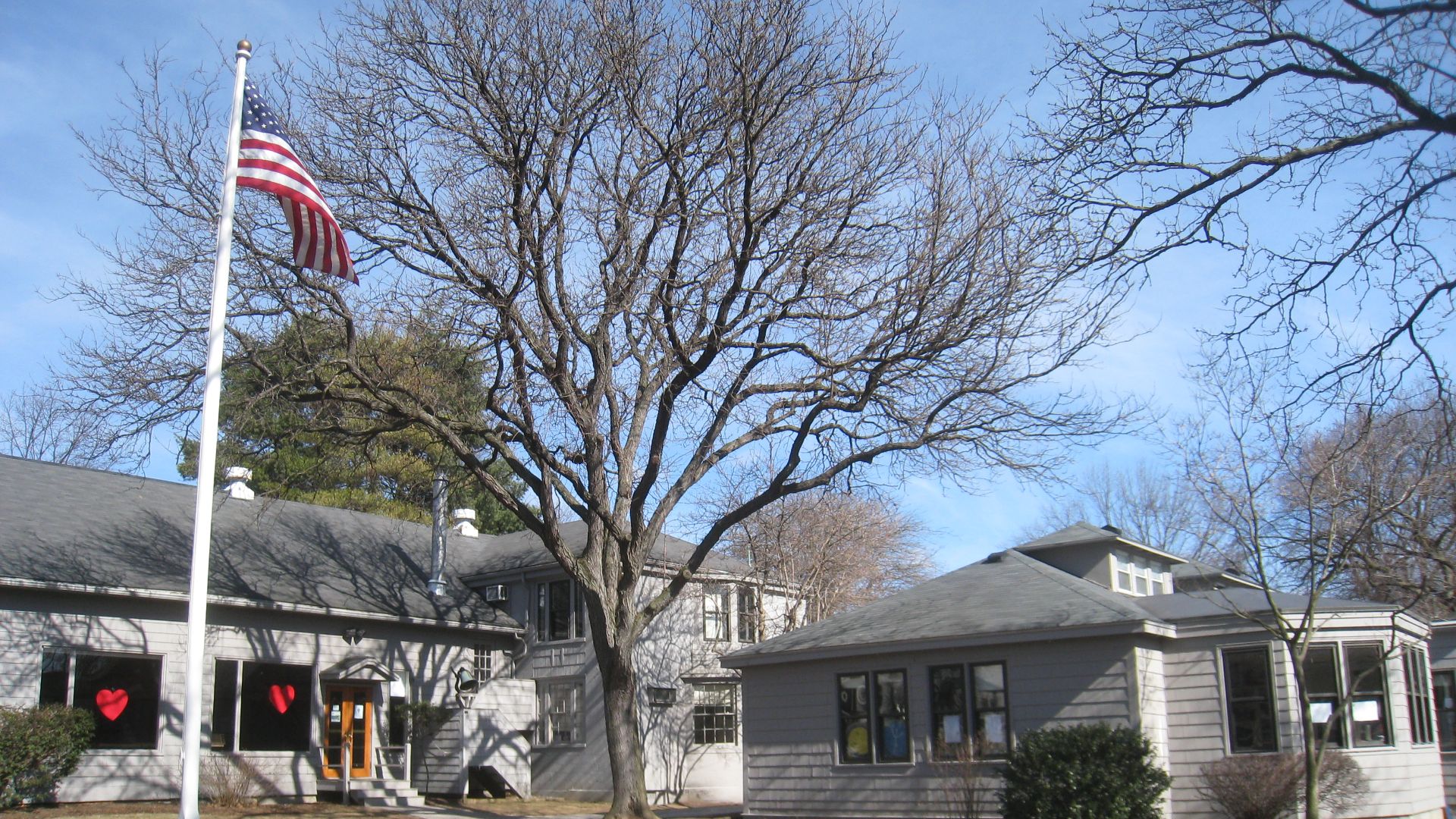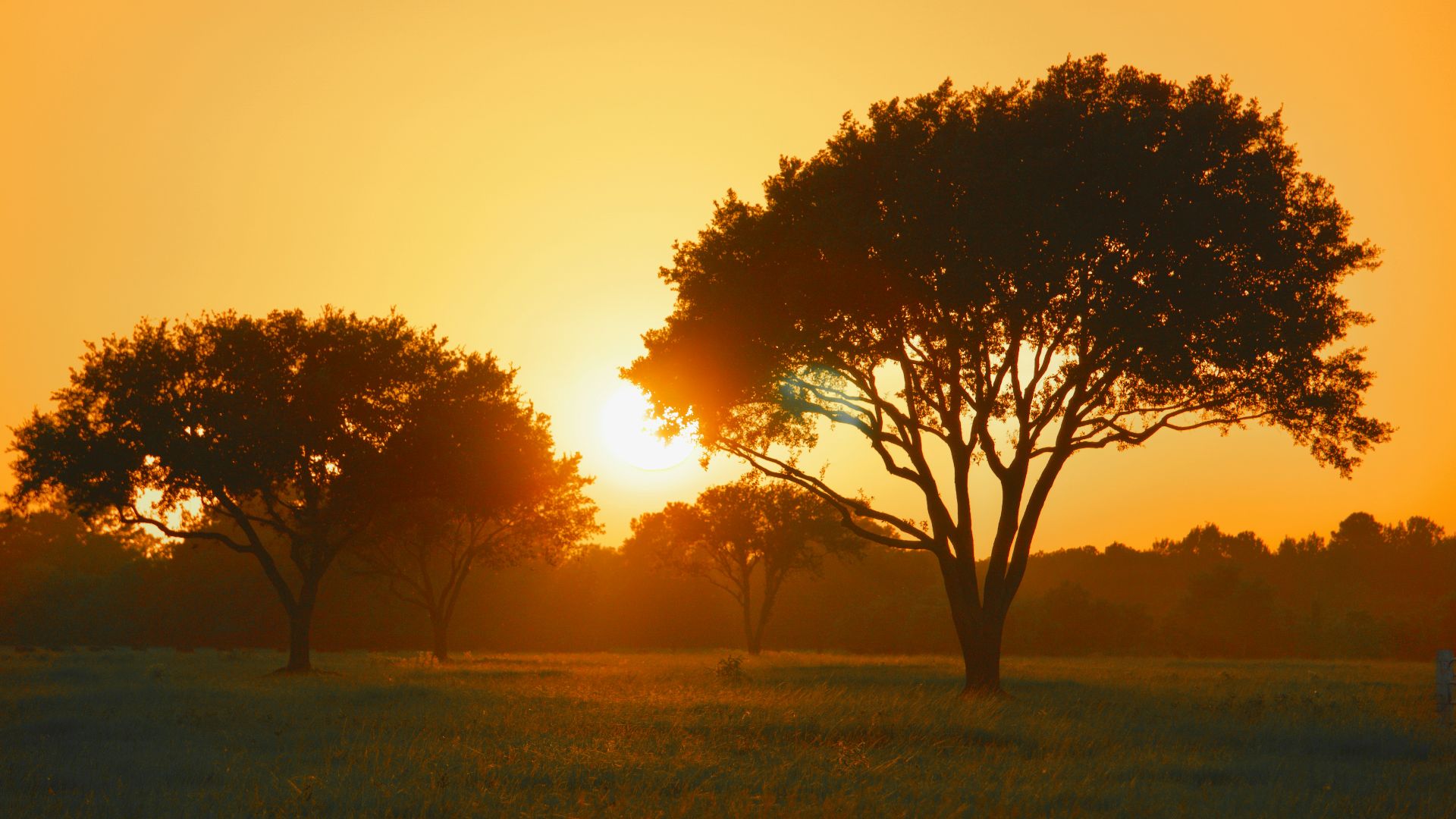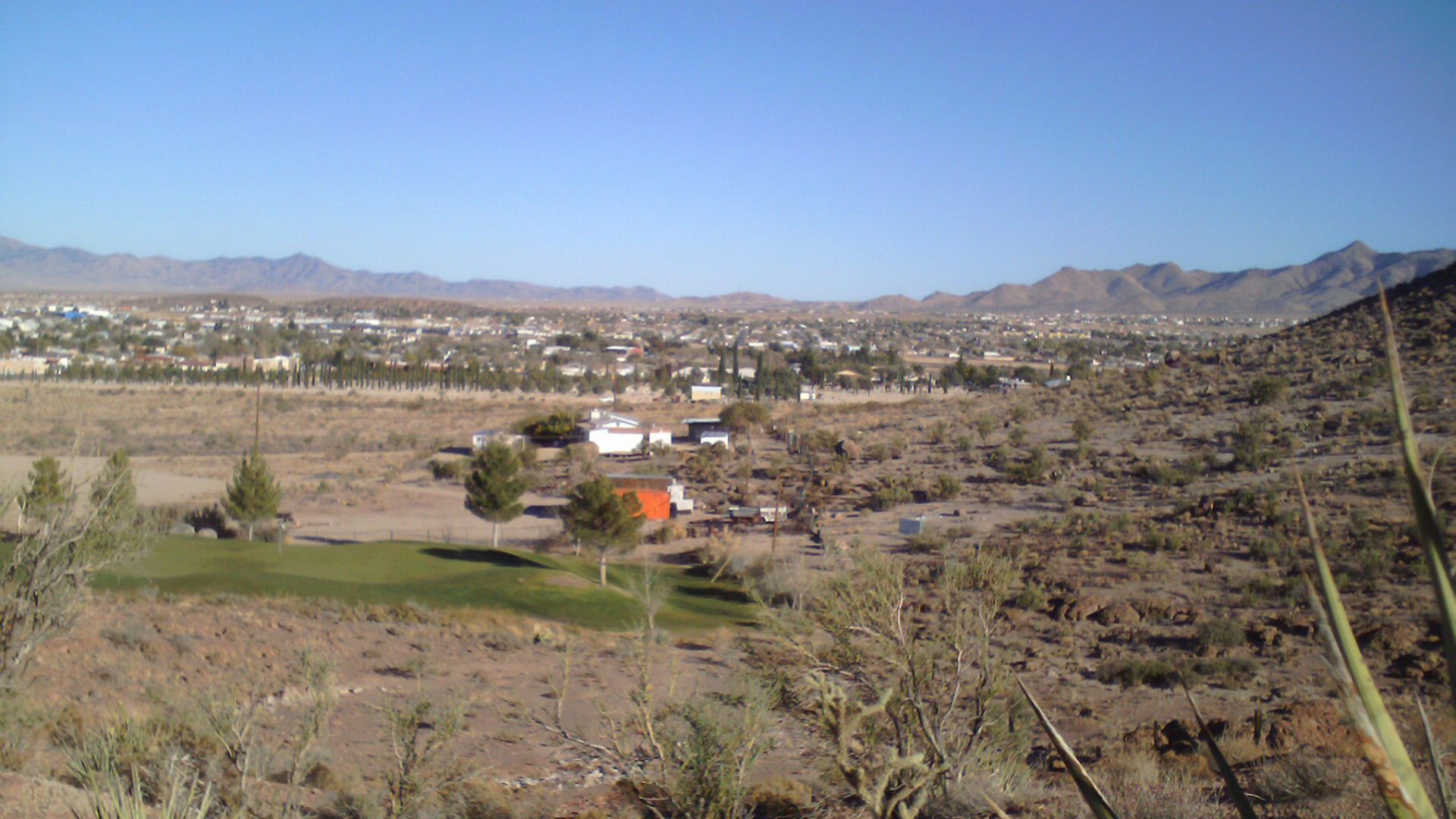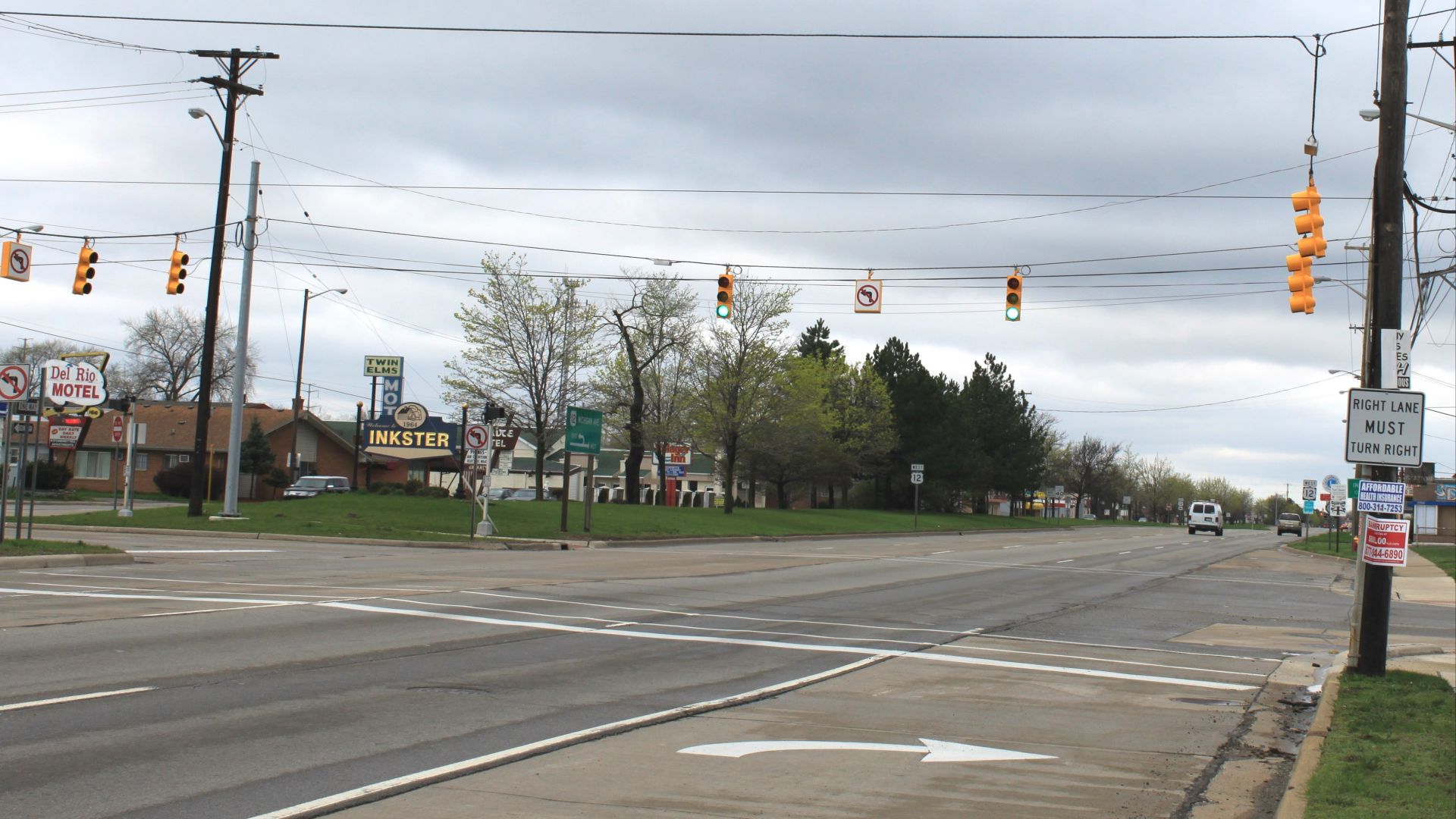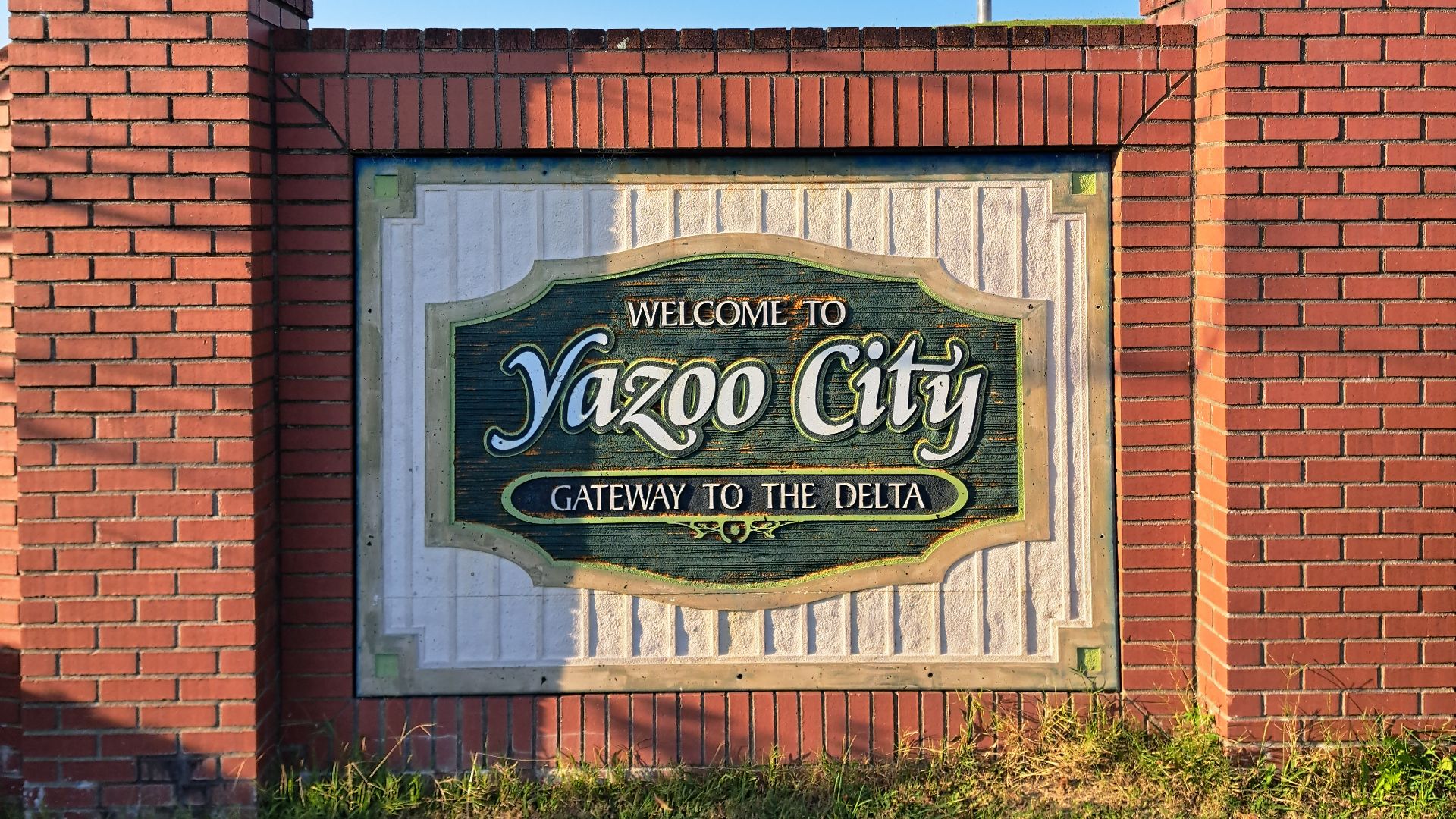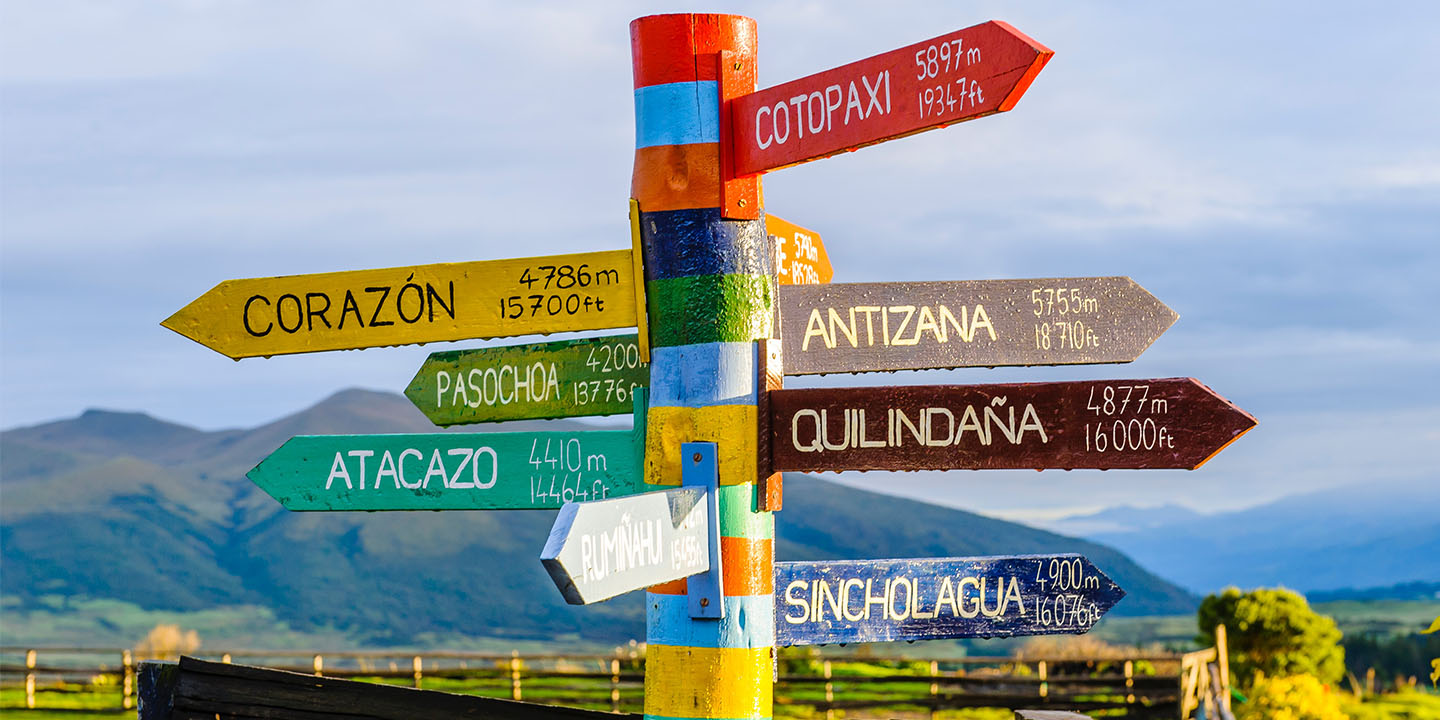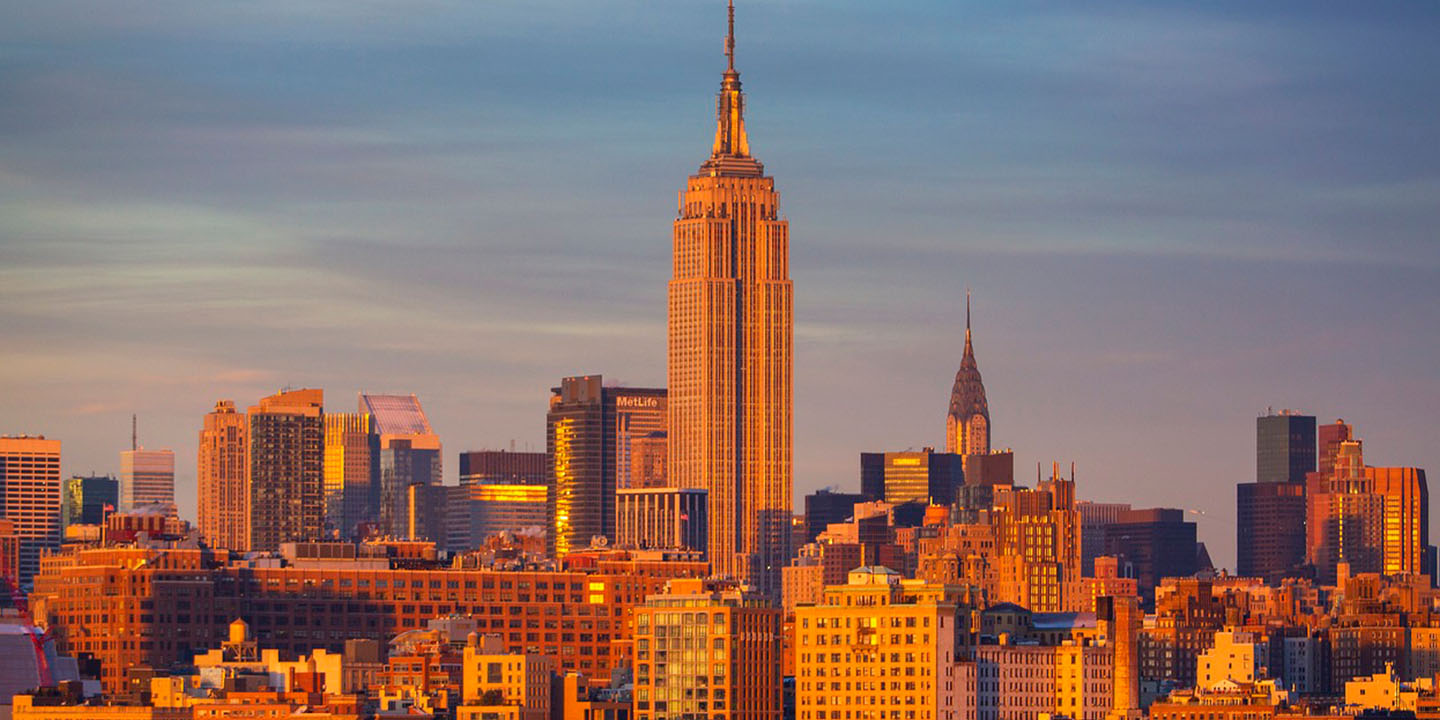The Worst Of The Worst
This list should be a must-read for everyone, whether you’re thinking of moving or you already live in one of the cities on this list. Of course, everyone’s experience of their hometown is different. That’s why we looked at objective data like crime rates, unemployment and poverty rates, and housing values. We also looked at surveys of local residents to see what their biggest complaints were about where they lived. These are the 50 worst cities in the US by those numbers.
50. Piney Green, North Carolina
This small town has a 6.9% unemployment rate, putting it a full percentage point above the comparable national five year rate. That isn’t helping the poverty rate of 18.3%. Since the national rate is only 14.1%, residents of Piney Green are more likely to be struggling financially than most Americans.
49. Oskaloosa, Iowa
One in every five residents in Oskaloosa live below the poverty line, and since the unemployment rate has been rising the last five years in a row, that probably won’t be changing anytime soon. As a result, the city’s population is in decline from people leaving—probably for Des Moines, which is only an hour away.
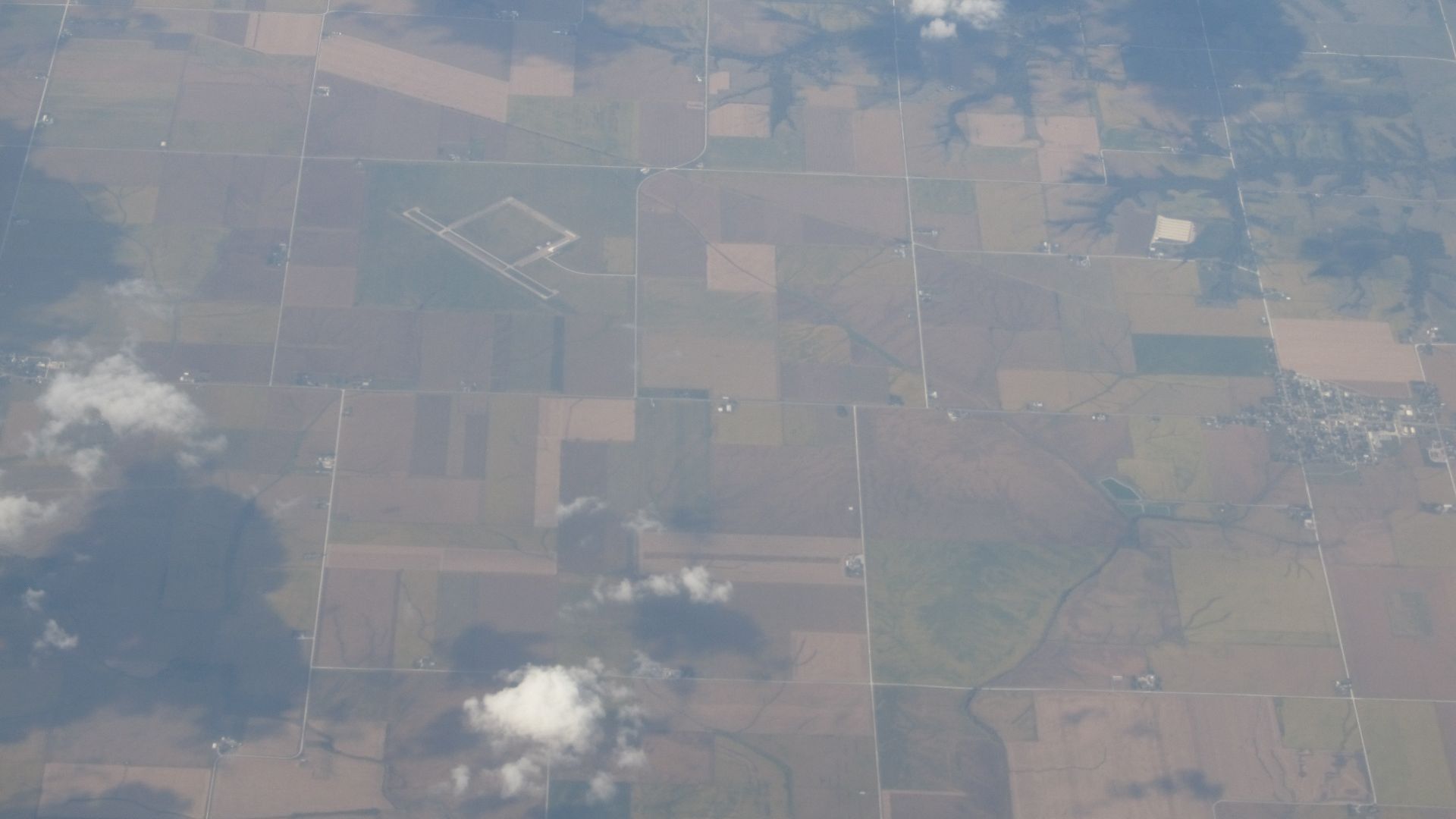 Ken Lund from Reno, Nevada, USA on Wikimedia
Ken Lund from Reno, Nevada, USA on Wikimedia
48. West Pensacola, Florida
The unemployment rate here is 11.6%, but even for residents who are working, things aren’t much easier as salaries in West Pensacola are generally low. The typical household subsists on just $35,374 a year, far lower than the median household income nationwide of $60,293.
47. Greenville, Mississippi
Greenville is one of the poorest cities in the United States, with 35.1% of residents living below the poverty line. That’s more than double the national average of 14.1%. Since the number of people living in the city has declined by 7.7% in the last five years, it seems residents are out looking for greener pastures.
46. Moss Point, Mississippi
An estimated 14% of households in this city earn less than $10,000 a year, making Moss Point one of the poorest in the US. To make matters worse, the city is still recovering from 2005, when it was hit with Hurricane Katrina and much of the city was flooded or destroyed.
45. Middletown, Ohio
Like many cities on this list, Middleton has been hit hard by the opioid epidemic, but its troubles started long before that, when the steel production company that hired many residents moved its headquarters out of the city in the early 1990s.
44. Augusta-Richmond County, Georgia
Over 10% of residents here are unemployed, and quality of life is further reduced for many in the area by the lack of amenities like public parks and recreation centers. The most exciting thing to do seems to be the Phinizy Swamp Nature Park. Yay?
43. Bay St. Louis, Mississippi
Health is an issue for Bay St. Louis residents, who on average tend to lead more sedentary lives than the average American. 35.6% of adults claim to get no exercise beyond going to work, and this is due partly to the fact that the city has so few amenities, like parks to jog in.
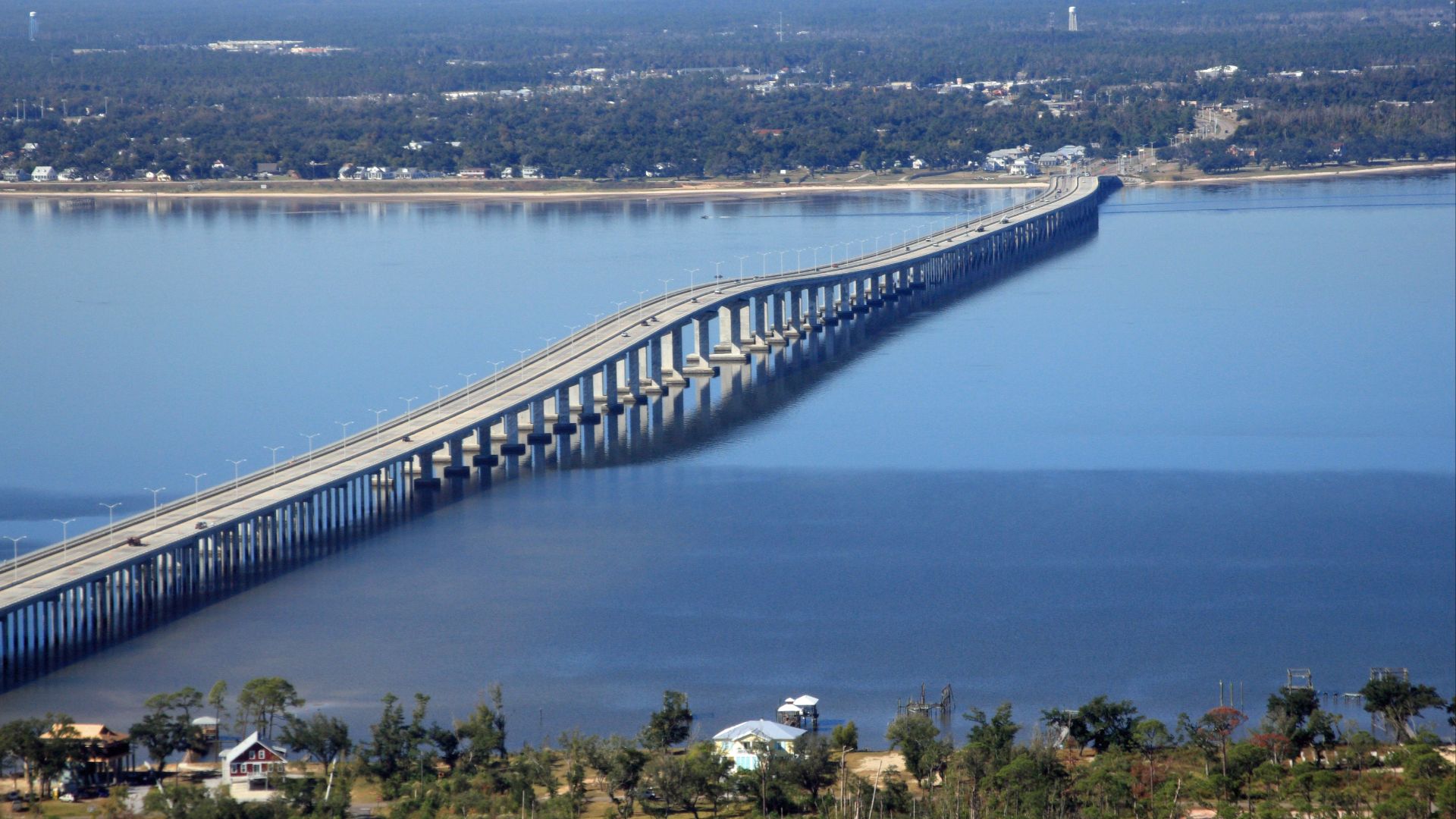 Frank Kovalchek from Anchorage, Alaska, USA on Wikimedia
Frank Kovalchek from Anchorage, Alaska, USA on Wikimedia
42. Lithia Springs, Georgia
You'd think being so close to Atlanta would have its advantages, but for Lithia residents, it just means that access to entertainment, grocery stores, and job opportunities are confined to their big city neighbor. On top of having nothing to do, residents are faced with a 20% poverty rate. Oh, and it's also prone to flooding.
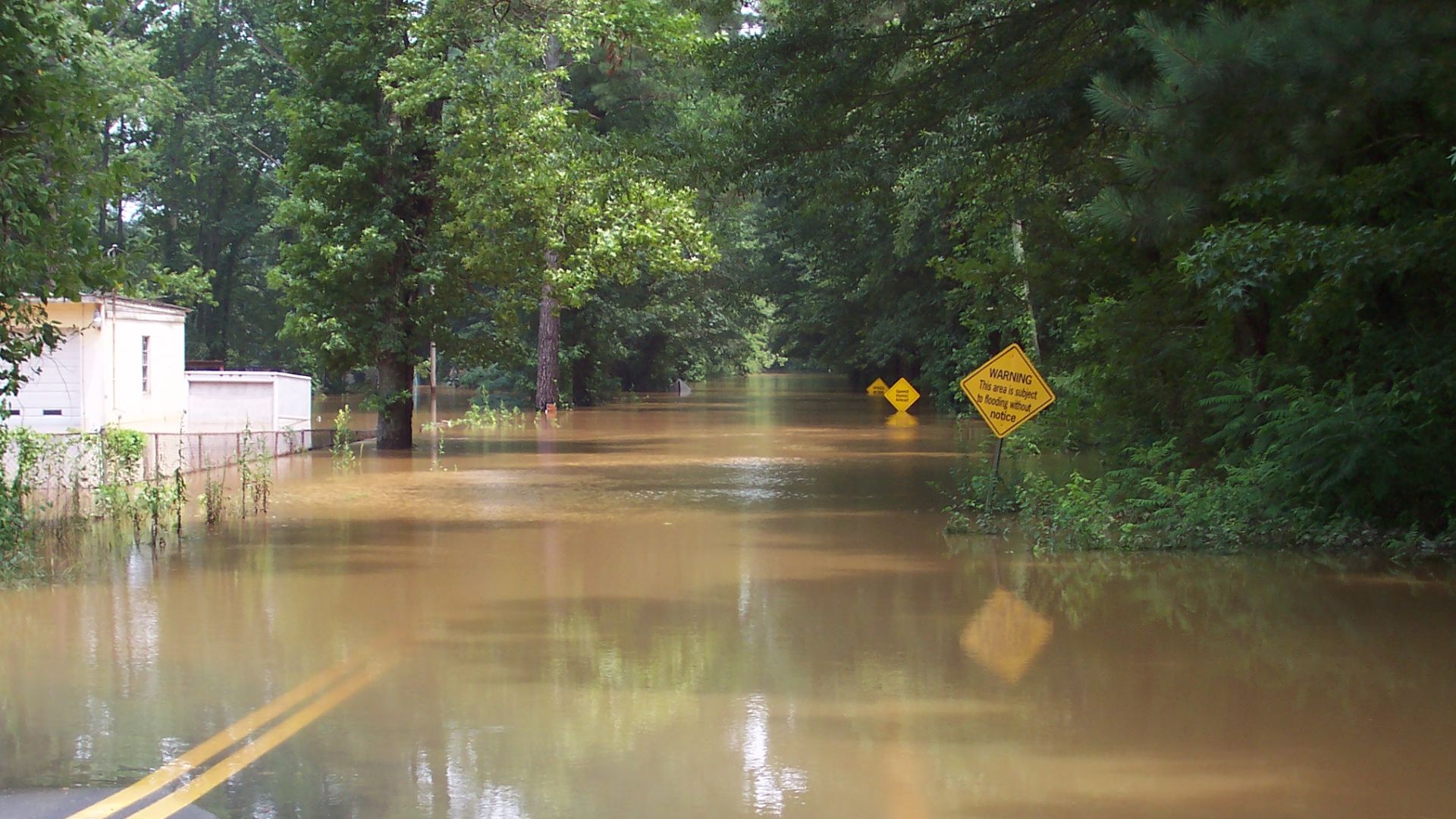 HowardSF at English Wikipedia on Wikimedia
HowardSF at English Wikipedia on Wikimedia
41. DeRidder, Louisiana
DeRidder is small, poor, and there isn’t much in it. For instance, about 80% of residents have limited access to a grocery store, and only about 66% have easy access to a park or recreation center, compared to the national shares of 42% and 84% in the rest of the country.
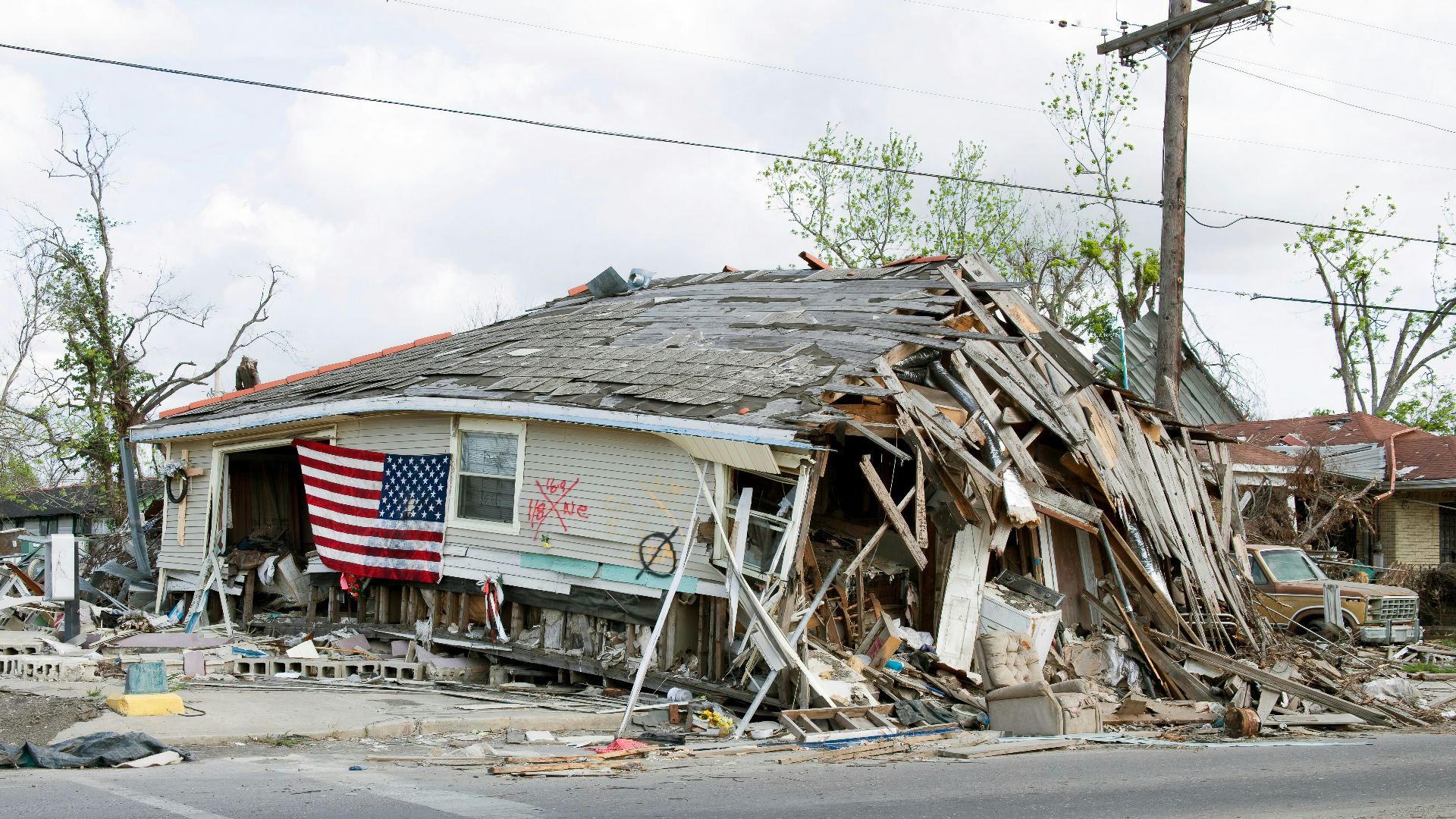 Library of Congress on Unsplash
Library of Congress on Unsplash
40. Denison, Iowa
The high schools in Denison must be brutal. The city has more than its fair share of dropouts, with only 63.3% of adults achieving a high school diploma. Perhaps for this reason, the unemployment and poverty rate here is quite high.
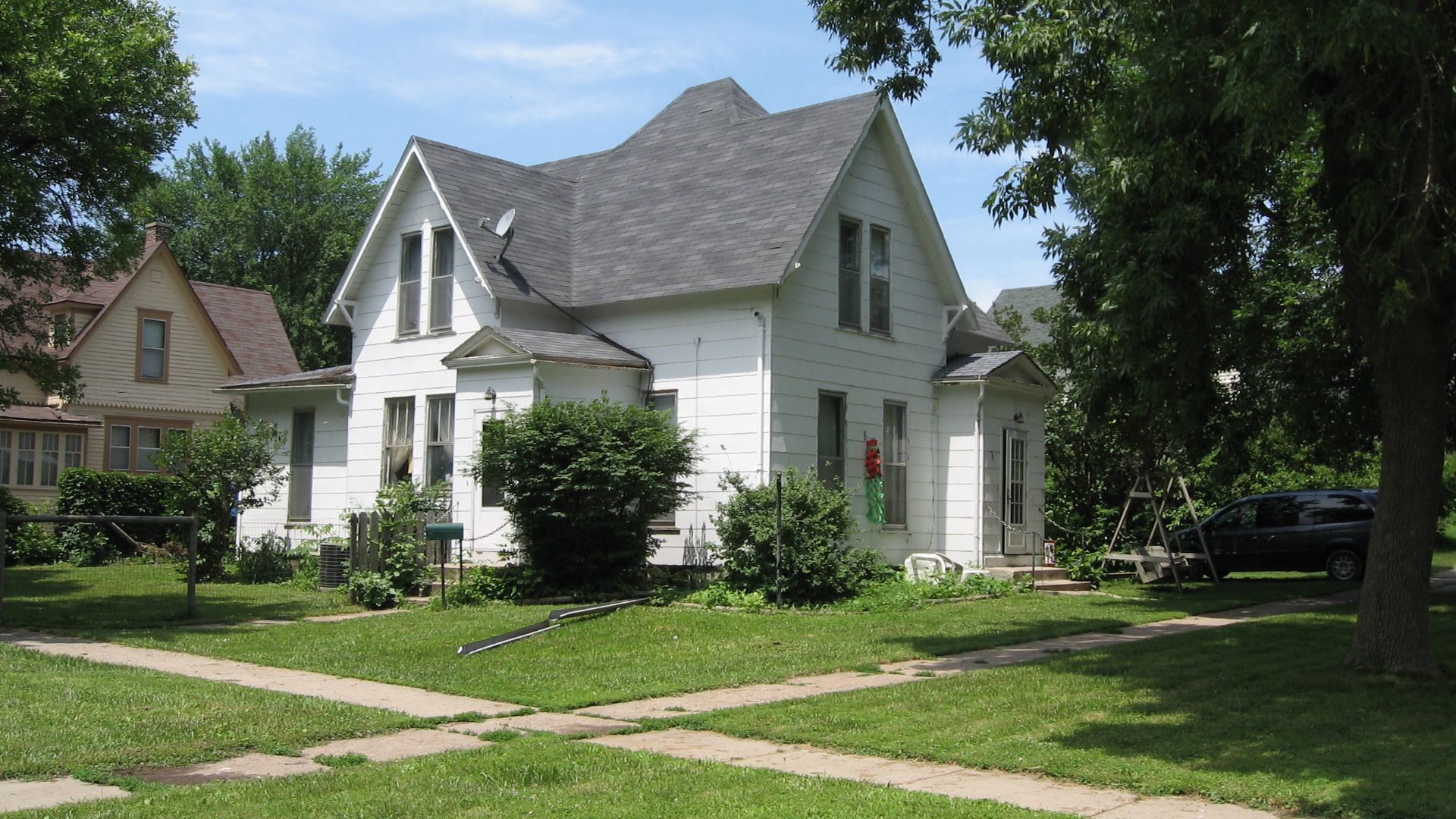 Billwhittaker at en.wikipedia on Wikimedia
Billwhittaker at en.wikipedia on Wikimedia
39. Atmore, Alabama
Despite Atmore’s local industries—agriculture, metal fabrication, and textiles—automation has rendered the local job market dire. In the last five years, the unemployment rate has risen to 19.9%, more than triple the comparable national rate of 5.9%.
38. Pahrump, Nevada
At 62 miles outside of Vegas in the Nevada desert, you wouldn’t be far off if you said that Pahrump is in the middle of nowhere. Like many other small cities in the US, Pahrump is suffering from the opioid epidemic. It’s high unemployment and poverty rates are probably related, at 16.6% and 9.8%, respectively.
37. Lakeland Village, California
The unemployment rate in Lakeland is over 20%. Because of the lack of job prospects nearby, residents tend to have long commutes, which have shown to have a negative impact on health and overall quality of life.
36. Makaha, Hawaii
Life in Hawaii has gotten more expensive in recent years, and Makaha paints a stark picture of what that means for the locals. Despite having a poverty rate of 28%, the typical home in Makaha costs $383,200—far outside of what most residents can afford.
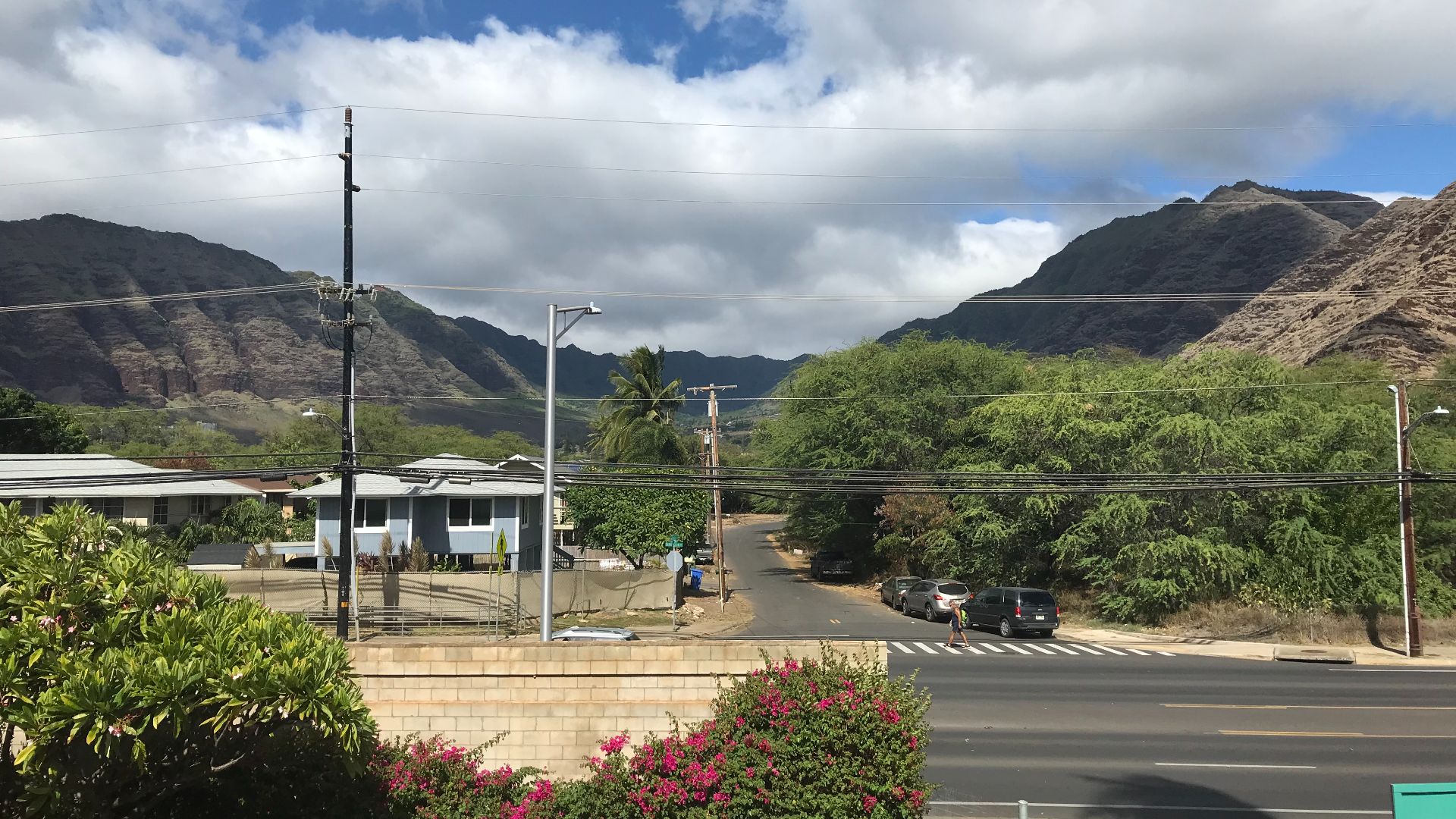 The Eloquent Peasant on Wikimedia
The Eloquent Peasant on Wikimedia
35. Lehigh Acres, Florida
Lehigh Acres was hit hard by the 2008 financial crisis and still hasn’t fully recovered. The poverty level here is 20.6%, and properties that used to sell for hundreds of thousands of dollars are now difficult to offload for a fraction of the price.
34. Artesia, New Mexico
A couple of streets, a few houses, and a giant sinkhole; Artesia isn’t exactly as pretty as a picture. And what it doesn’t have in looks, it doesn’t make up for in numbers, with about 1 in every four residents living in poverty.
33. Arizona City, Arizona
Arizona City started as a rest stop between Phoenix and Tucson, and it hasn’t graduated to much more than that. Other than a gas station and a restaurant, there isn’t much for residents to do, and they even have to commute in order to get groceries.
32. Bacliff, Texas
For such a small town, Bacliff has a surprising amount of crime, and suffers especially from gang violence. It’s also one of the smallest towns in the US with its own strip club, so at least residents have something to take their minds off the 23.7% poverty rate and 7.6% unemployment rate.
31. Earlimart, California
This small town has a staggering poverty rate of over 40%, and a high crime rate. Maybe it’s in the water? To make matters worse, it’s right between Fresno and Bakersfield, two of the most polluted cities in the US.
30. Coatesville, Pennsylvania
Coatesville has a bad rap; if it ever shows up in the headlines, it’s not for anything good. It has a high poverty rate coupled with high property prices, which means most residents can’t afford a home. Despite that, locals claim it’s not that bad a place to grow up.
29. Perry, Georgia
Right in the middle of the state, Perry’s town motto is “Where Georgia comes together.” However, residents are slowly leaving Perry due to the lack of jobs and amenities, and the unemployment and poverty rates are both over the national average.
28. Bessemer, Alabama
Over 28% of residents in Bessemer are below the poverty line, and nearly 14% of households live on less than $10,000 a year. For this reason, Bessemer’s population has been falling instead of growing, by 2.1% over the last five years.
27. Stockbridge, Georgia
It’s unfortunate that Stockbridge, the birthplace of Martin Luther King, Jr., hasn’t lived up to its illustrious legacy. Unlike other cities, Stockbridge is going through a sort of de-gentrification, with all the businesses and wealthier residents abandoning it for nearby Eagle’s Landing.
26. Brooksville, Florida
Brooksville has both a high poverty rate and a high unemployment rate. This is probably why housing in this western Florida city is in such low demand. In Brooksville, the typical home is appraised at only $49,000, a deep slide from the national median home value of $204,900.
25. Avon Park, Florida
Named for Shakespeare’s birthplace, Stratford-upon-Avon, in England, an address in Florida’s version doesn’t have nearly the same cachet. That’s because a third of this city’s residents live in poverty, and one in five are unemployed, and the numbers aren’t improving, either.
24. Lawrenceville, Georgia
Residents of this suburb of Atlanta report a high amount of teen delinquency crimes and trespassing, making the safety of living there questionable. On top of that, the relatively high cost of living makes things even more difficult for low-income Lawrenceville residents.
23. Winton, California
In Winton, the poverty and unemployment rate hovers around 20%. It can’t help that only 53% of adults there have a high school diploma, making attaining a job with a high income difficult.
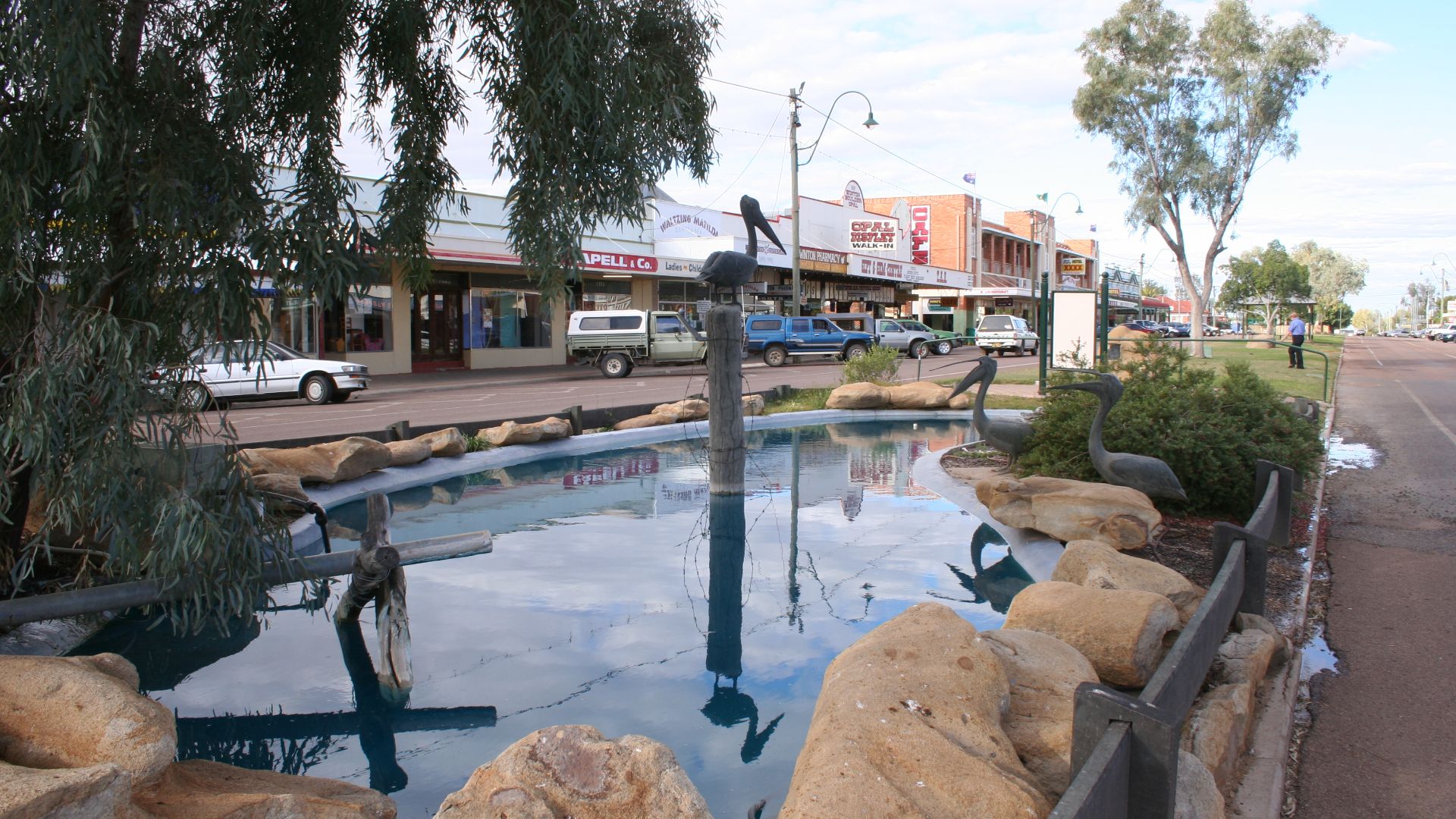 www.gondwananet.com on Wikimedia
www.gondwananet.com on Wikimedia
22. Phelan, California
Despite having a high poverty and unemployment rate, the cost of living in Phelan is still high. Area residents complain that there are few amenities, with only a pharmacy and a McDonald’s to serve the whole community.
21. Robstown, Texas
Robstown has a bad reputation for illicit trafficking of various sorts—but perhaps illegal activities are the last resort for a population suffering from a 20% unemployment rate and a whopping 41.1% poverty rate.
20. Douglas, Arizona
This tiny border town is so small that locals complain of nothing to do and no job prospects. One of the few businesses that has managed to survive is a call center, which employs about half of the population. Grim.
19. Buenaventura Lakes, Florida
This city doesn’t have as high unemployment or poverty rate as some of the others on this list, but it does have a high crime rate, with frequent burglaries. Businesses aren’t attracted to the area, narrowing the job opportunities to few.
18. Chaparral, New Mexico
Low access to jobs and amenities, including medical services, make Chaparral a pretty unappealing place to live. In fact, it was recently named by the state’s residents as the worst place to live in New Mexico.
17. Immokalee, Florida
Immokalee has a reputation as a small and poor town without much to do. The local economy is based around agriculture, which usually comes with a low salary. Even if the locals were making more money, residents complain of the lack of restaurants or entertainment—except for the casino.
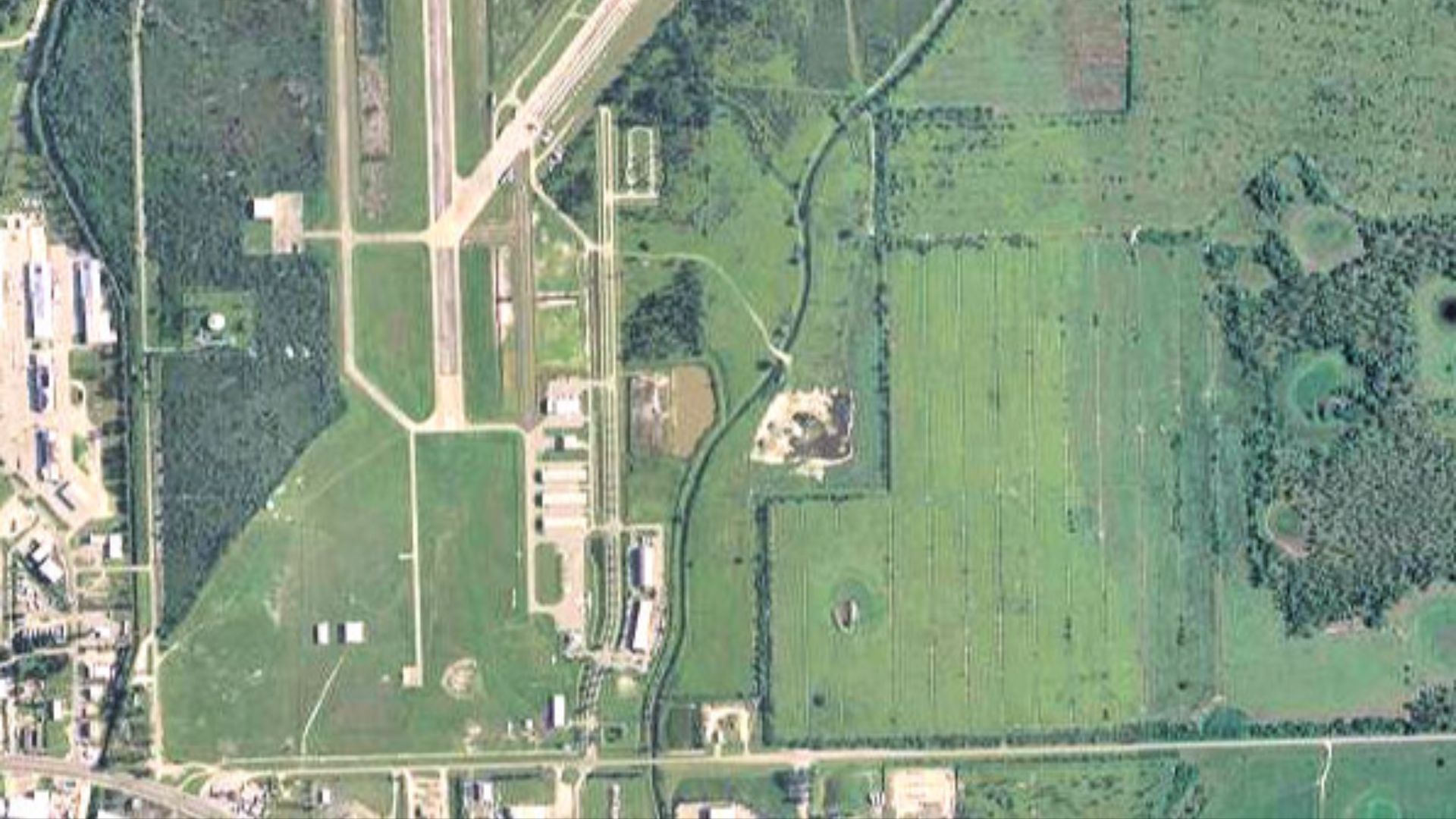 US Geological Survey on Wikimedia
US Geological Survey on Wikimedia
16. Lancaster, South Carolina
Like other cities on this list, the opioid epidemic has hit Lancaster pretty hard, and it also has a relatively high unemployment and poverty rate. With so few opportunities nearby, residents are in for a long commute if they want to pursue a job or further education.
15. Micco, Florida
Since Micco is predominantly a retirement community, the situation is particularly unfavorable for younger residents, who note the city’s lack of jobs and entertainment. On the plus side, there are a lot of golf carts, medical facilities, and pharmacies.
14. Berea, South Carolina
A high crime rate is what puts most Berea residents off, with some claiming that it’s the worst place they’ve ever lived. A quarter of the population lives in poverty, and almost ten percent are unable to find work.
13. Laurinburg, North Carolina
The residents blame gun violence and poverty for the decreasing appeal of their small town in South Carolina. With a high poverty and unemployment rate, locals also suffer from an underfunded school system.
12. Beverly Hills, Florida
This is the wrong Beverly Hills to be living in. Real estate values are low, and poverty and unemployment are high. This could be due partly to the fact that it’s a retirement community, so a big portion of the population is over 65.
11. Silver Springs Shores, Florida
Visitors to this Florida suburb note that the place just looks run down, with a lot of empty or abandoned houses. The poverty rate, at 28.6%, has been sneaking upward in recent years, and so has the unemployment rate.
10. Shady Hills, Florida
Unfortunately, Shady Hills has been hit by the opioid epidemic more than most, and the unemployment and poverty rate are high here as well. Residents also complain that with so few amenities or grocery stores, you can’t survive there without a car; there’s no public transit.
9. La Homa, Texas
La Homa is suffering from a dearth of job prospects. As a result, it has a sky-high 38.5% poverty rate and an 18.1% unemployment rate. Locals complain that with only low income jobs coming up help wanted, there’s little else to do but leave.
8. Conyers, Georgia
Conyer is a quiet suburb of Atlanta, but residents complain of a lack of jobs and an underfunded school system compare to their big city neighbor. Locals also note that it can feel isolated, probably due to the lack of public amenities.
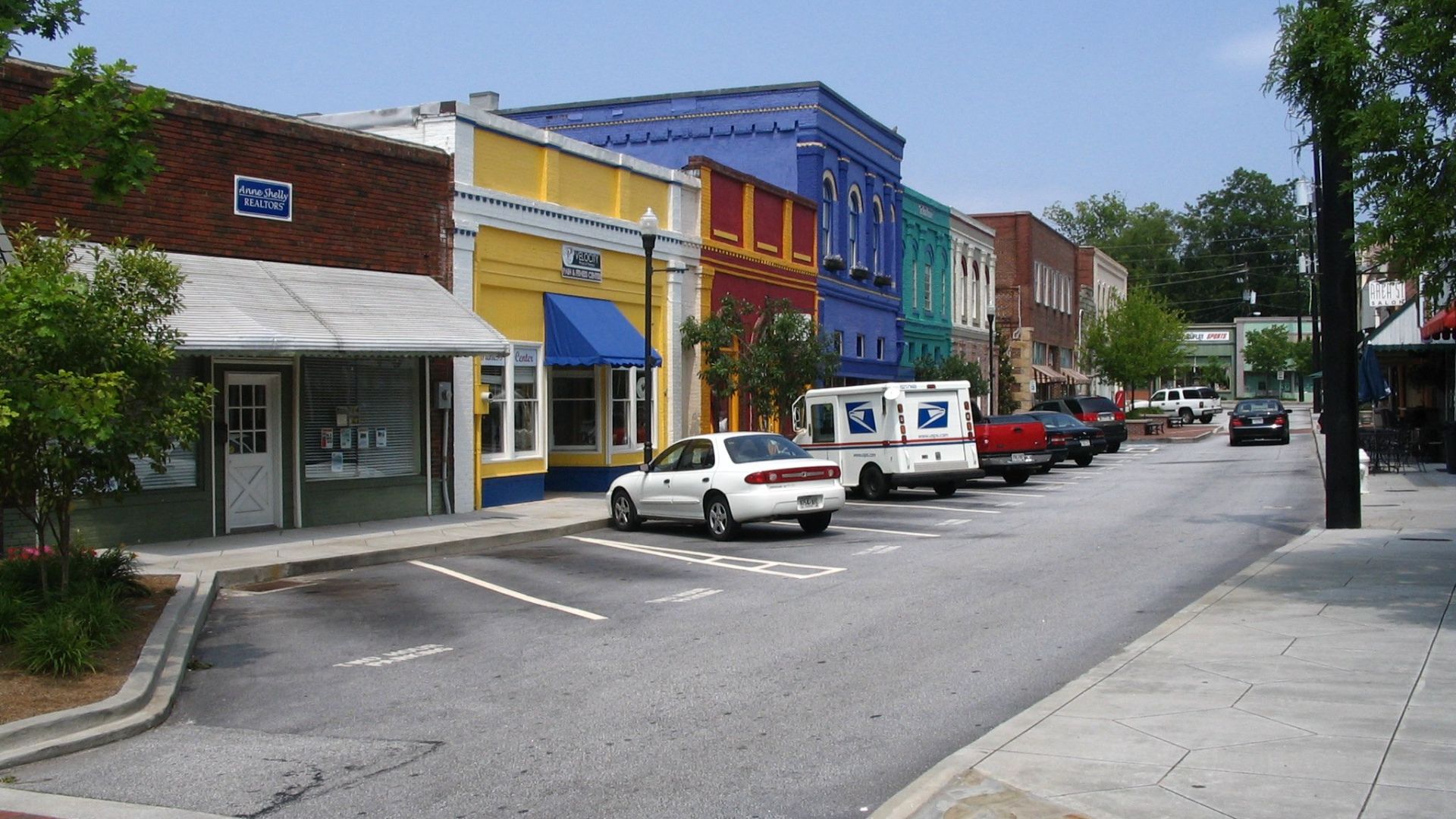 The original uploader was Skarg at English Wikipedia. on Wikimedia
The original uploader was Skarg at English Wikipedia. on Wikimedia
7. Golden Valley, Arizona
Despite its hopeful name, Golden Valley is the pits for residents. It has a high poverty and unemployment level, plus it’s in the middle of the desert with little access to grocery stores and other amenities.
6. Poinciana, Florida
The 67,000 people living here tend to have long commutes and not much to do in their free time, because the city is lacking in the amenity department. There are fewer restaurants, bars, fitness centers, and museums on a per capita basis in Poinciana than the national average.
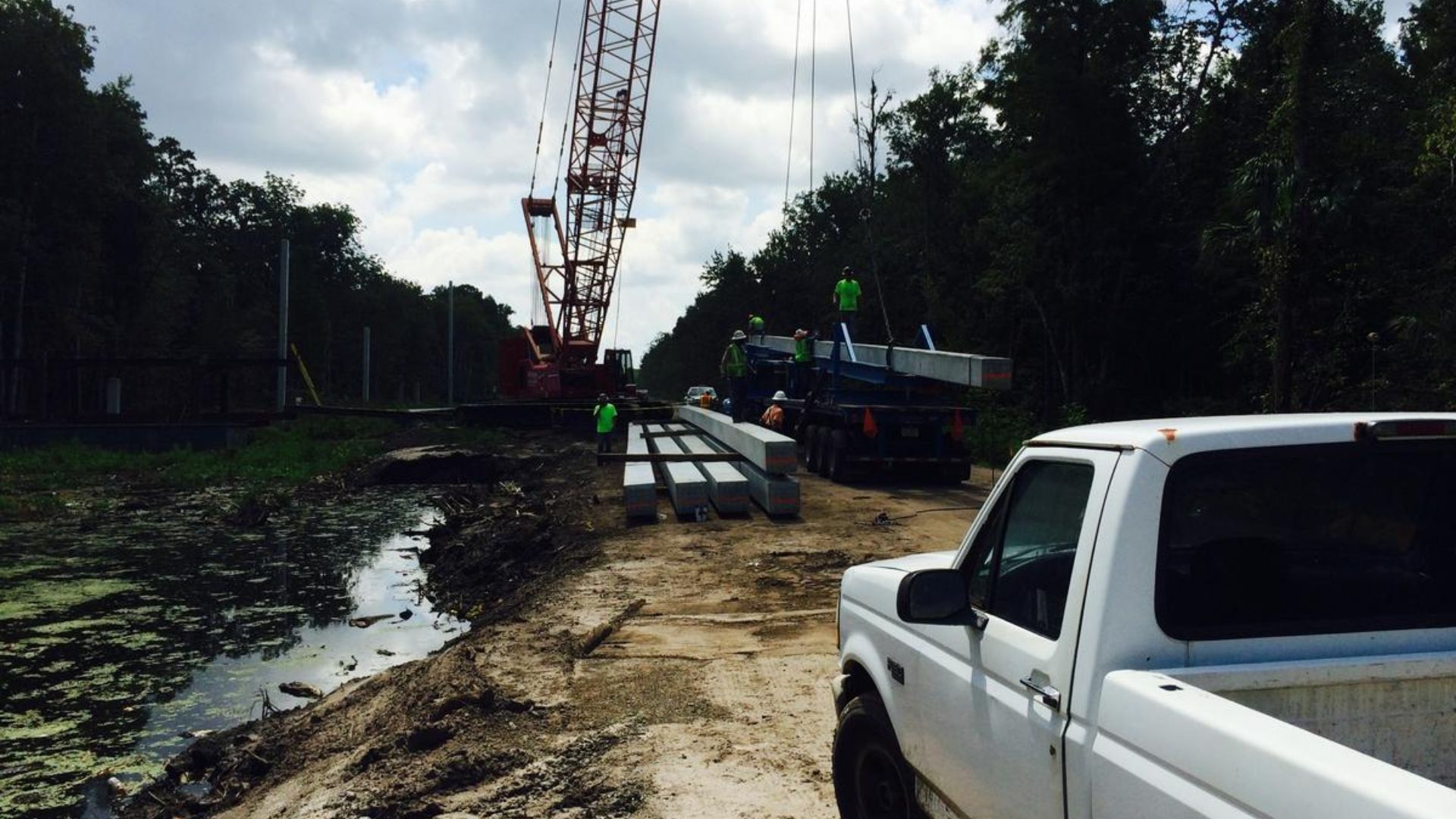 Osceola County Expressway Authority on Wikimedia
Osceola County Expressway Authority on Wikimedia
5. Irondale, Georgia
Irondale has a high crime rate, with almost 500 violent crimes for every 100,000 people per year. This tends to have a negative impact on property values, making it worse for the 26% of the population already living in poverty.
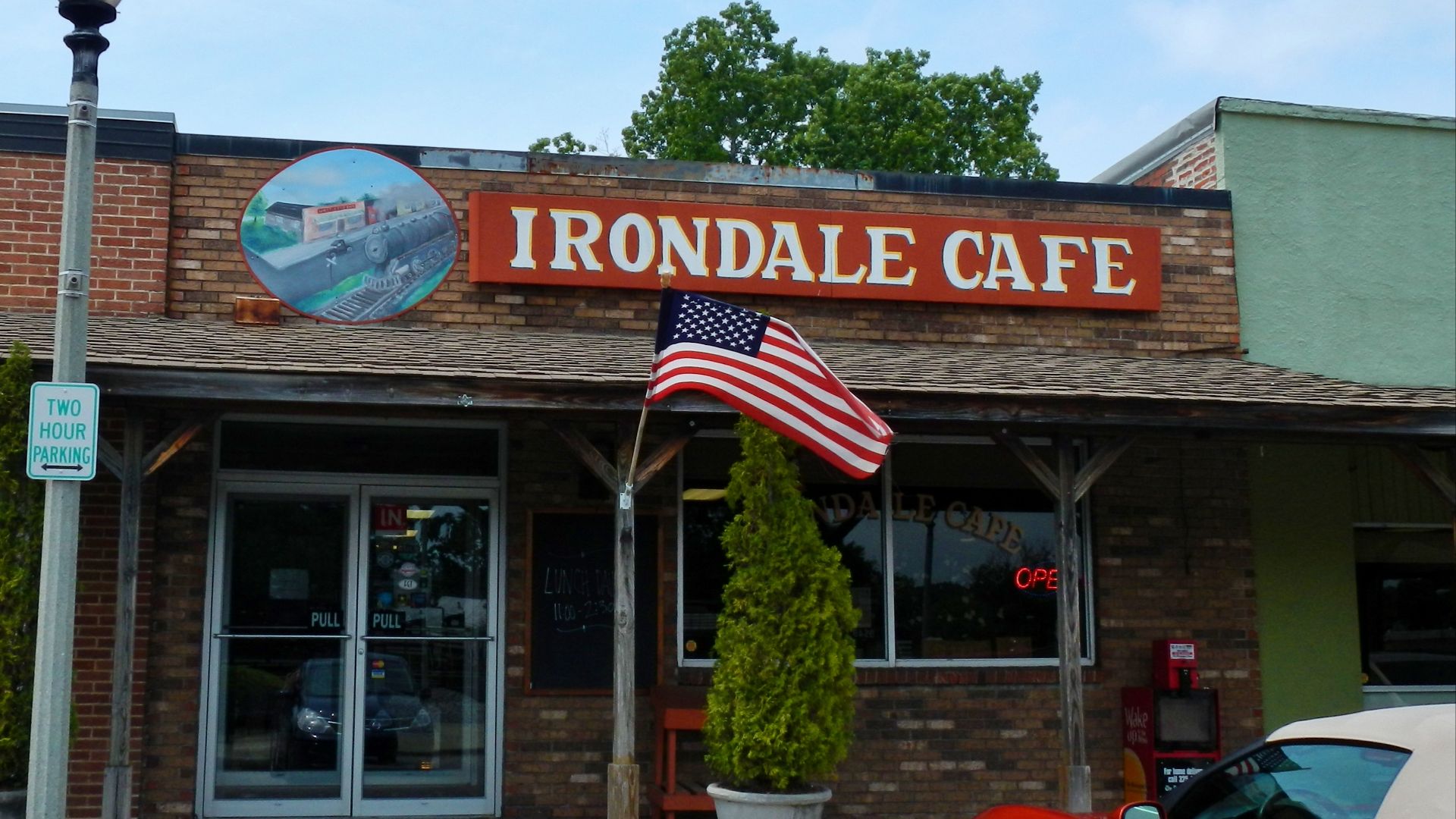 Rivers Langley; SaveRivers on Wikimedia
Rivers Langley; SaveRivers on Wikimedia
4. Beecher, Michigan
Part of Michigan’s Rust Belt, Beecher has suffered in recent years due to the steel industry being in decline. Even more telling than the high unemployment and poverty levels is the fact that the average home in Beecher is valued at just $26,000 compared to the national average of $204,000.
3. Fair Oaks, Georgia
The main trouble with Fair Oaks for residents is that access to food is limited, with most residents living miles from the nearest grocery store. And with 32.6% living below the poverty line, it’s even harder to stock up.
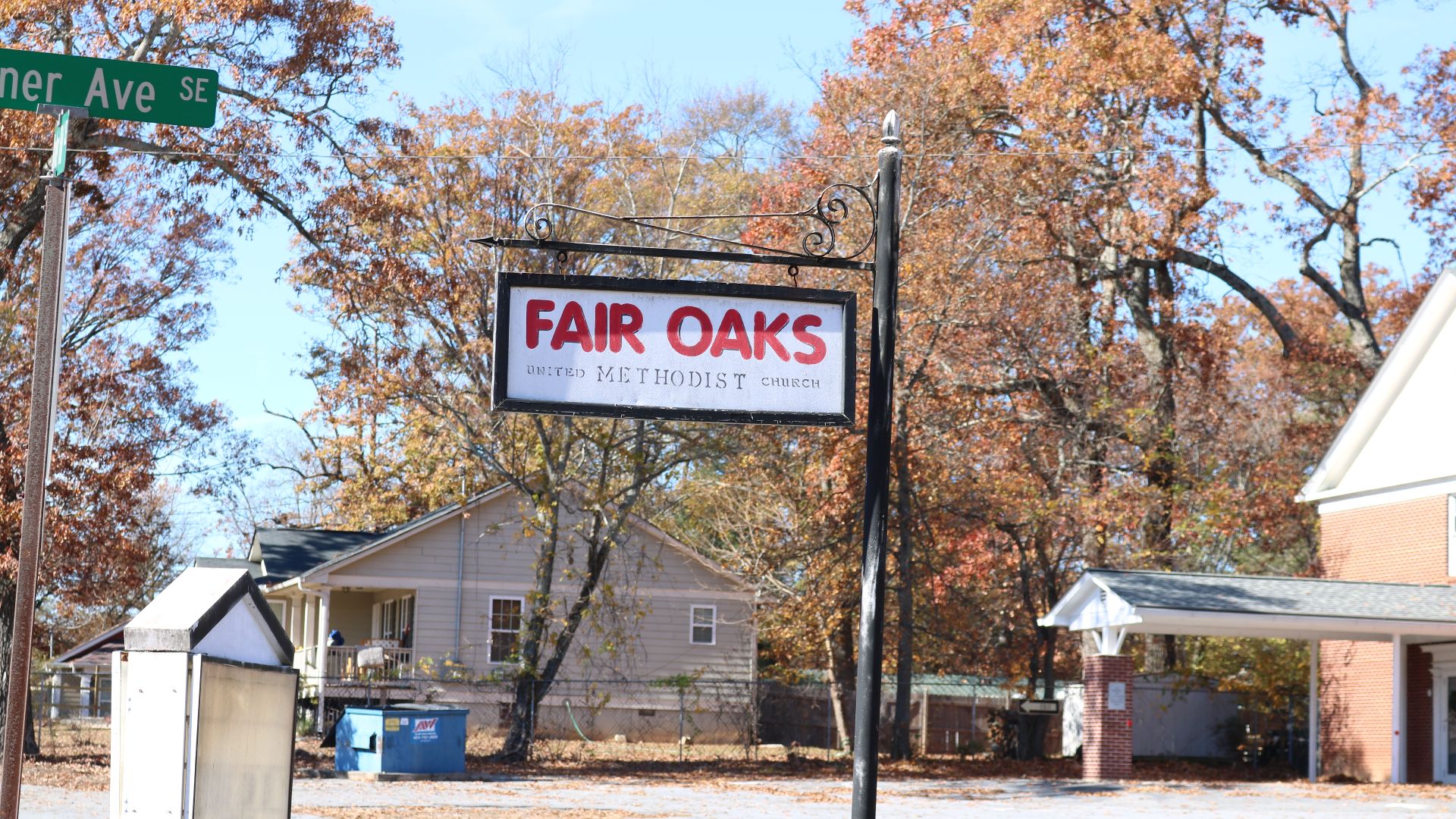 Larry Felton Johnson, Cobb County Courier on Wikimedia
Larry Felton Johnson, Cobb County Courier on Wikimedia
2. Donaldsonville, Louisiana
The unemployment rate in Donaldsonville is 14.3%, and it’s only been headed south the past five years in a row. Of its small population, almost half live in poverty.
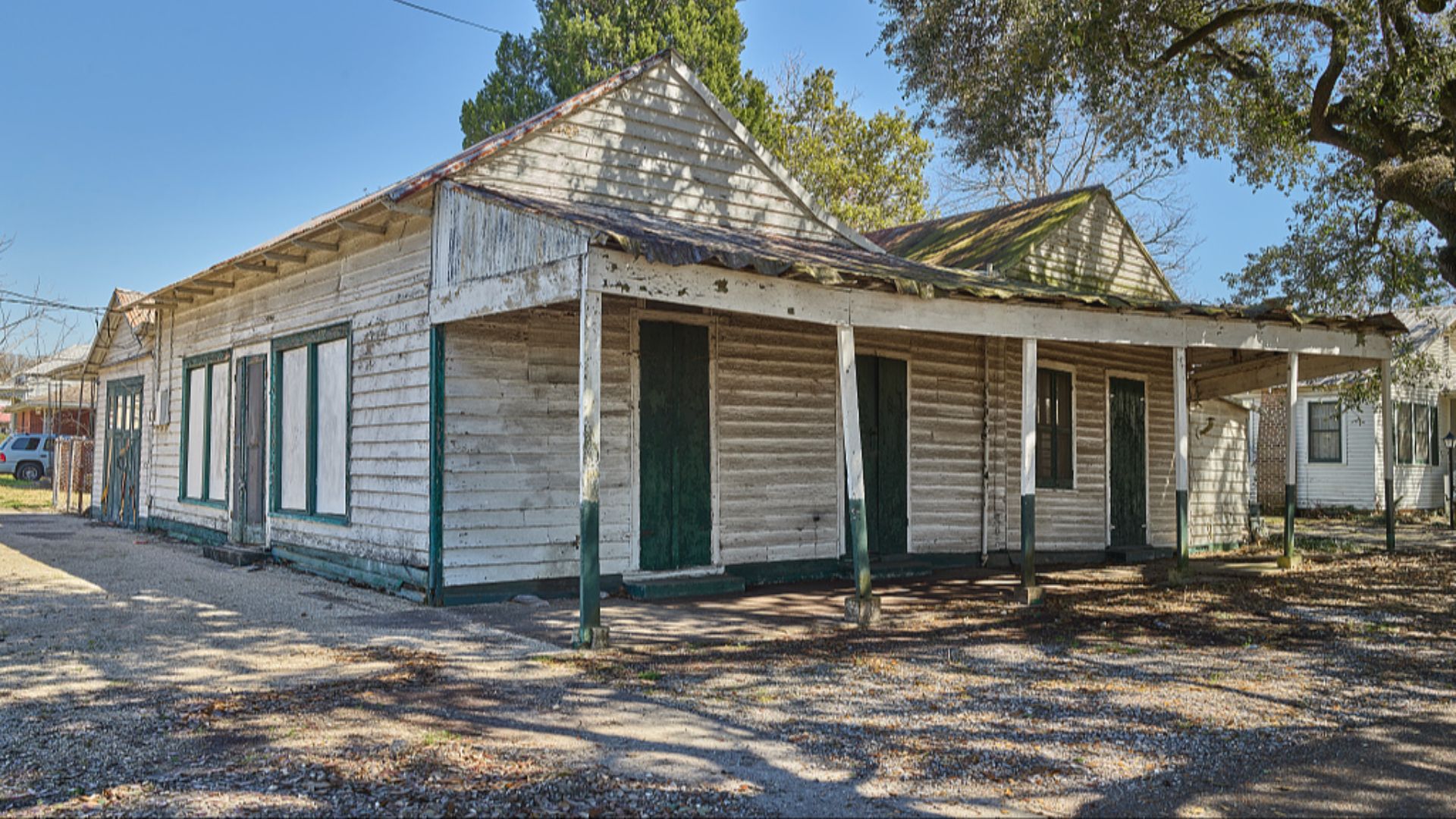 Carol M. Highsmith on Wikimedia
Carol M. Highsmith on Wikimedia
1. Yazoo City, Mississippi
With a 20.7% unemployment rate and a 42.6% poverty rating, the residents of Yazoo have got it harder than any other city in the US. That’s no doubt the reason that people are leaving it faster than they’re moving in—the city's population has fallen by 3.5% in the last five years.


